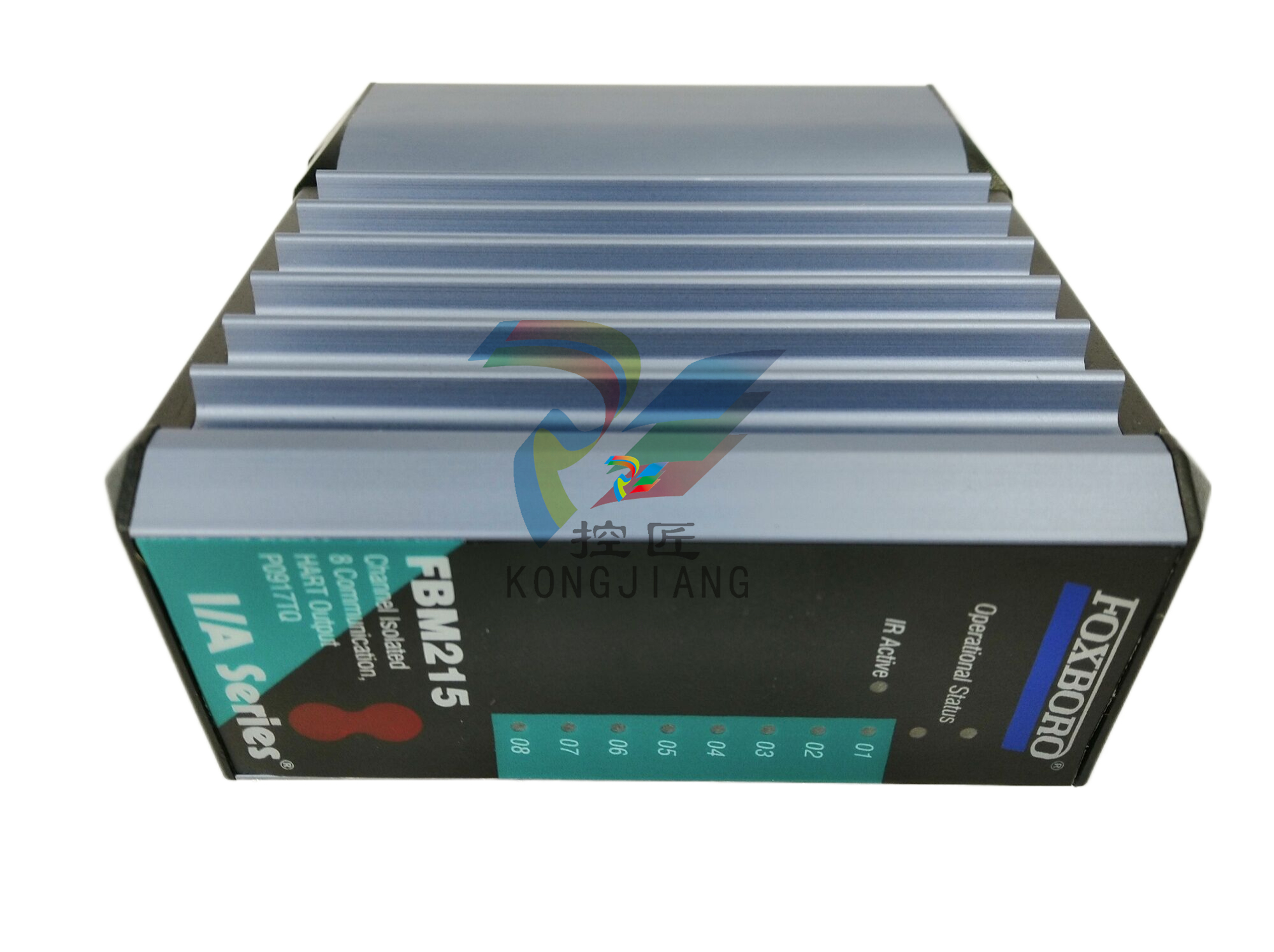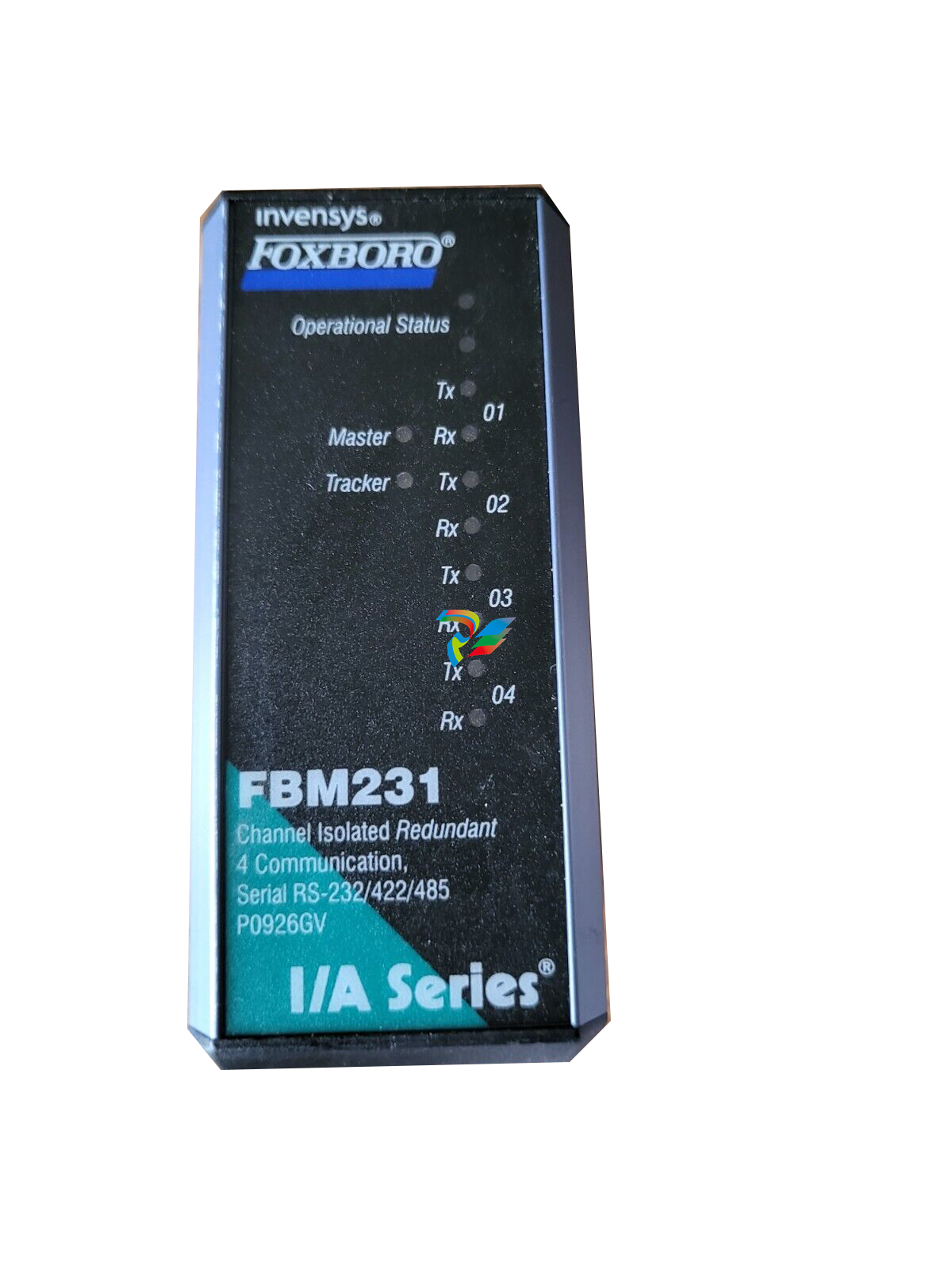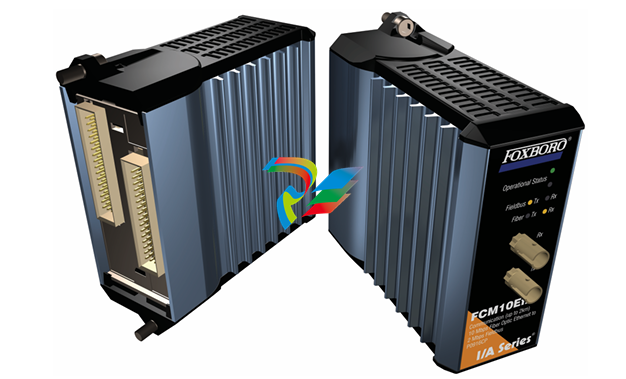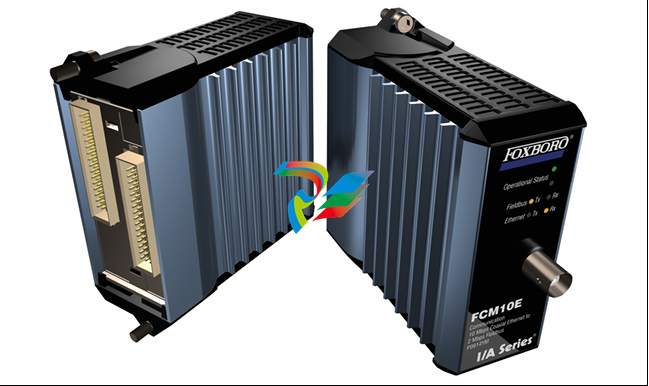
Industrial Autonomy on the Horizon

The era of the remote workforce has brought to light a cross-industry need for resilient, futureproof industrial control systems supporting more efficient, sustainable, and safe manufacturing plants. Through the integration of autonomous software and technologies along the production line, and the innovation of process control systems, plant operators can achieve long-term operational benefits.
Ongoing advancements in process automation have enabled users to create steady-state and dynamic models for plant and control design, assess equipment performance and troubleshoot issues, evaluate process design, and resolve operating problems. By using software, including advanced control and alarm management, industrial organizations have optimized industrial processes to improve business results and safety. This progress has also provided greater visibility into process risk—notably, advanced control-defined optimal limits and rigorously executed controls to maintain those limits.
Today, the introduction of new digital technologies at the plant and enterprise levels has the potential to augment people and processes to an unprecedented degree. Advanced functions, such as artificial intelligence and machine learning, are changing how people work in industry.
Autonomous control systems fulfill the growing need to streamline plant communications, provide support for the next generation of industrial workers, and gain a more comprehensive view of process inefficiencies. Autonomous solutions enhance workforce safety and performance while reducing environmental impact and operating costs with more adaptable and accessible system assets.
Process industries have never been under greater pressure to meet production targets, minimize costs, and maximize asset efficiency, all while ensuring health and safety. Moving forward, companies in these sectors will need to better align production strategies with market demand to maximize revenue growth. They must also embrace the adoption of digital technologies to drive efficiency and make investments in plants to reduce carbon footprints. From safety to sustainability and productivity to reliability, the hurdles presented in the remote-work environment amplified the need for more resilient, interconnected plants.
Yet even as industries grapple with structural changes, and as societies and economies pivot to the “new normal,” process industry companies themselves have a window of opportunity: Now is the time to adapt strategies and technologies to help reduce disruption to operations and achieve new levels of performance and profitability.
Current state
Automation systems in continuous-process plants are constantly evolving due to competitive industry pressures, customer demands, external events, and security requirements. Like it or not, most existing systems have changed as a result of numerous small actions taken over the years. A control system originally installed 25 years ago may include a patchwork of small additions made over time, leading to a system that is difficult to maintain because of all its unique quirks. Only some system owners take a strategic lifecycle approach to their control systems. Others are typically reactive, making changes only as needed to correct problems.
Many industrial sites also suffer from the lack of a consistent philosophy in integrating various plant subsystems. The prevailing information technology (IT) focus on the operational technology (OT) space has only exacerbated this problem.
In addition, the current generation of experienced industrial engineers, operators, and technicians is in the process of retiring. As these workers leave the plant, they take with them valuable tribal knowledge of the control system design and evolution, the production processes, and the associated control strategies. This departure is causing the loss of their collective know-how. Recruiting workers to backfill retirements is just one part of addressing this industrial skills gap. Once new employees are on site, they must be trained efficiently so they can up-skill quickly and produce results.
All of these challenges set the stage for a new approach to the control system of tomorrow. The continuous-process industries are at the beginning of an inflection point regarding what they can do with automation solutions. Today’s objectives should be to leverage decades of process know-how, find ways to integrate subsystems and streamline communications, and become more flexible in how to work with control technology in general.
What is (and is not) industrial autonomy?
The topic of “industrial autonomy” is gaining significant interest, with many diverse views—and compelling opinions—on what constitutes the autonomous operation of an industrial facility. According to a recent study by LNS Research, approximately 50% of industrial transformation leaders have an autonomous plant initiative formalized, and an estimated 41% of these leaders are accelerating their autonomous plant efforts because of the global pandemic.

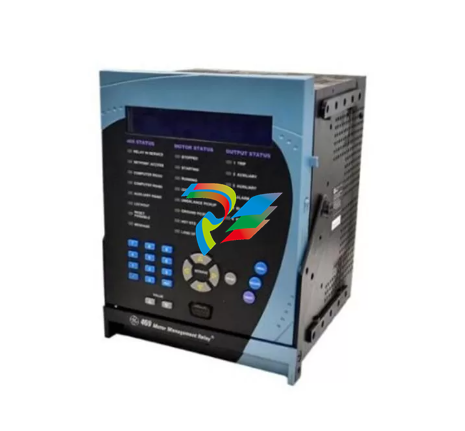
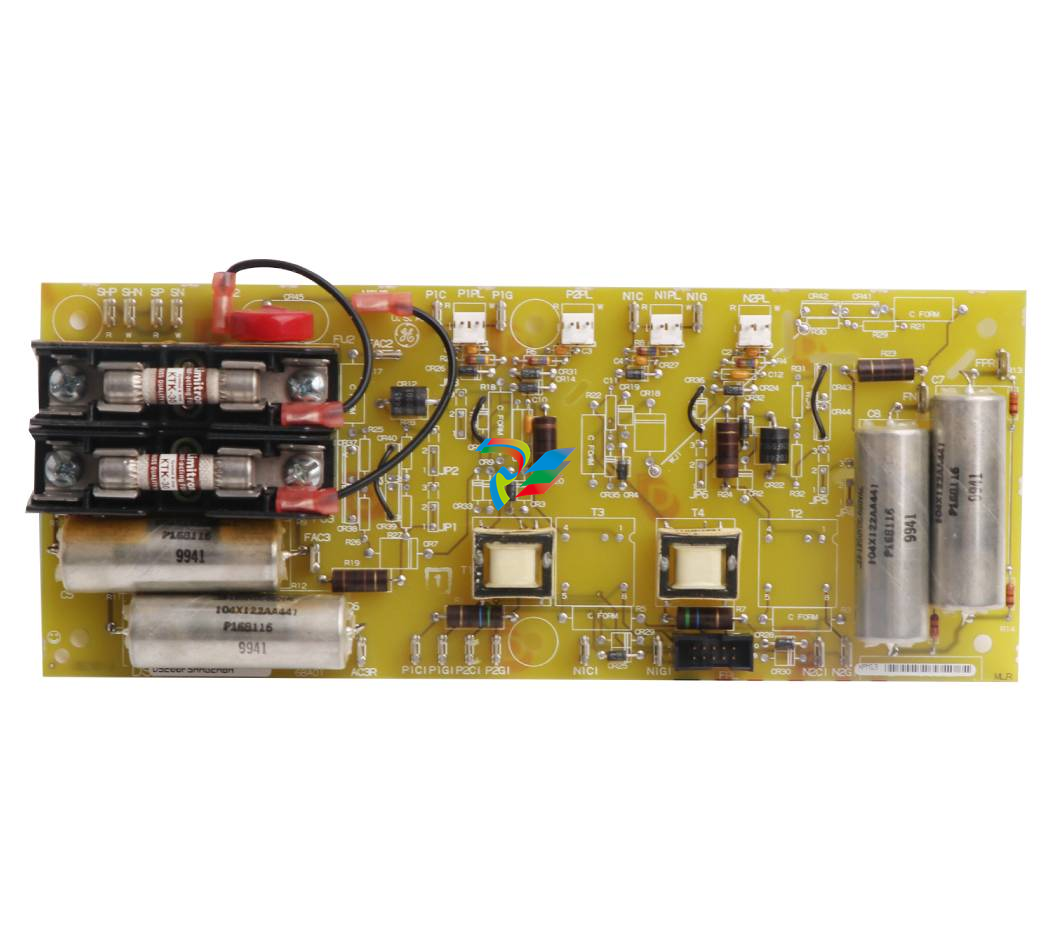
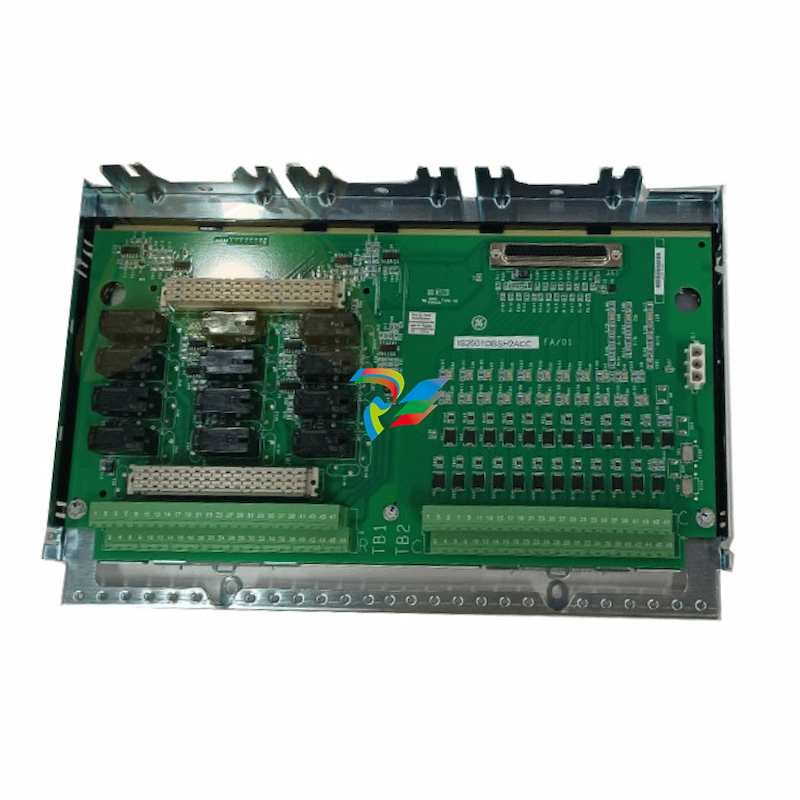
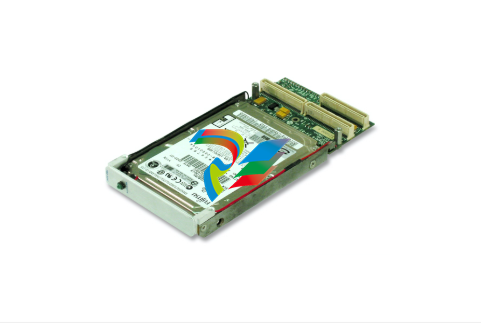
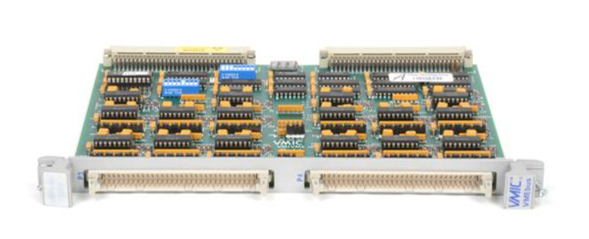
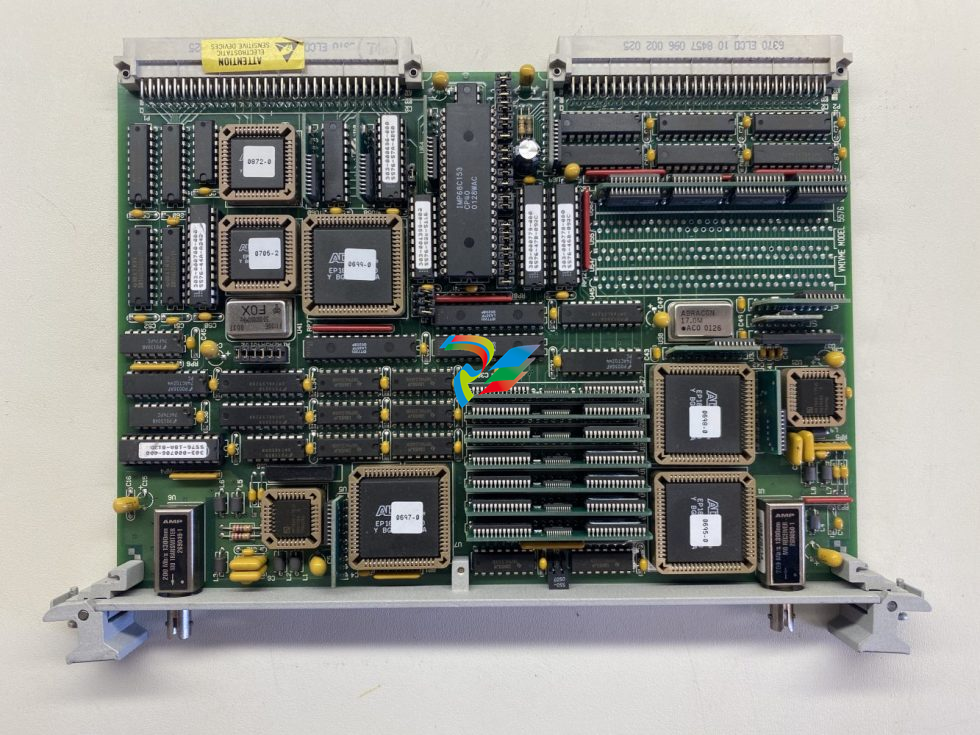
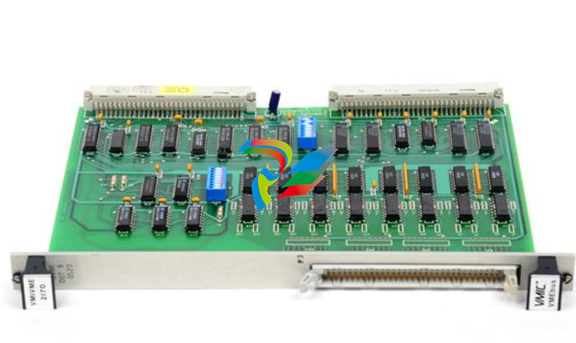
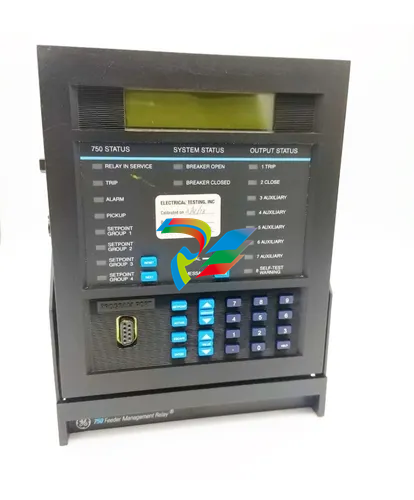
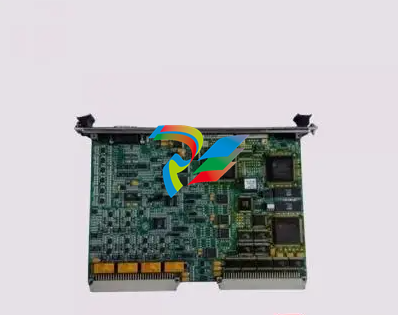
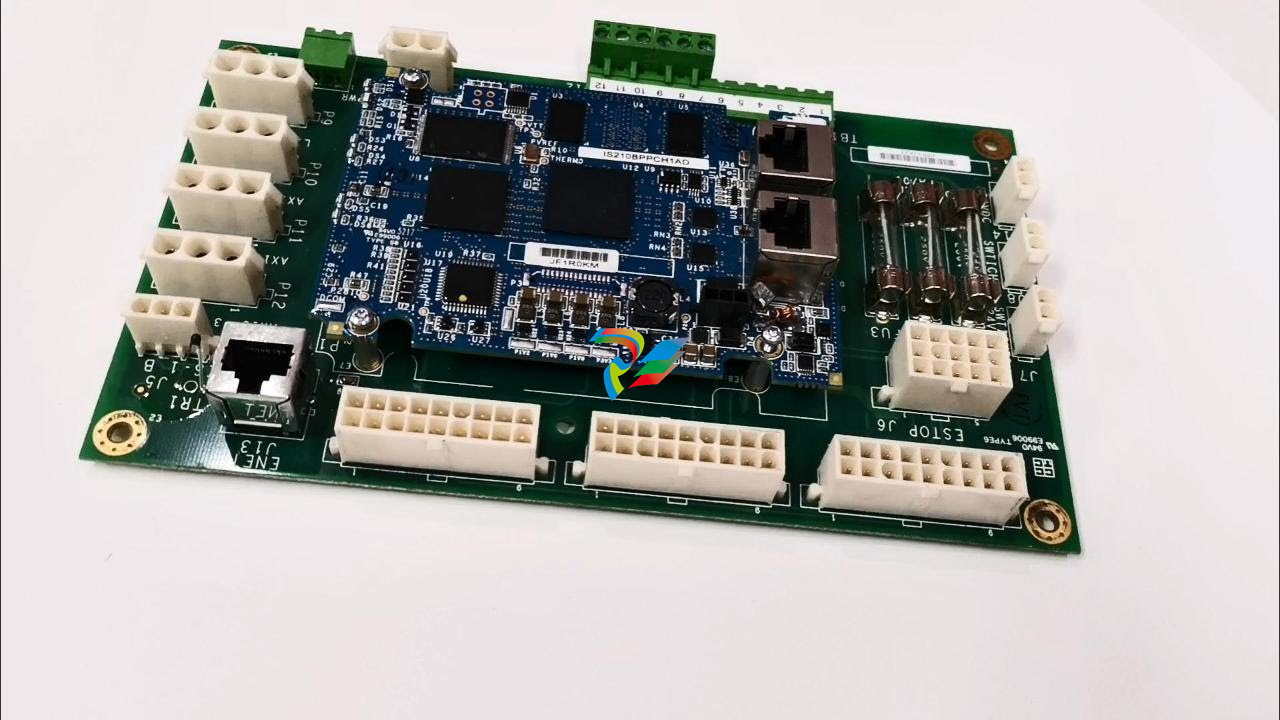
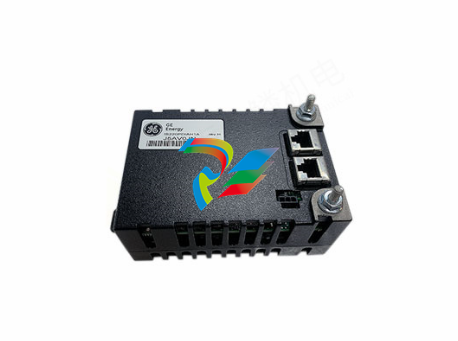
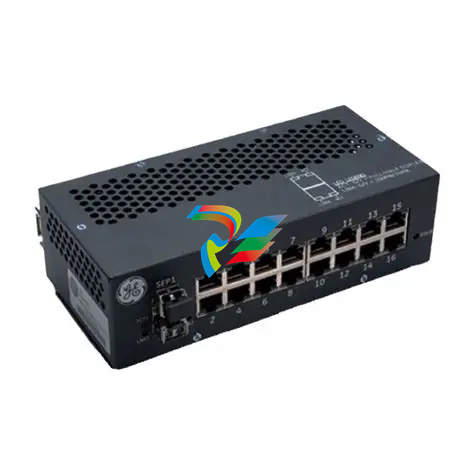
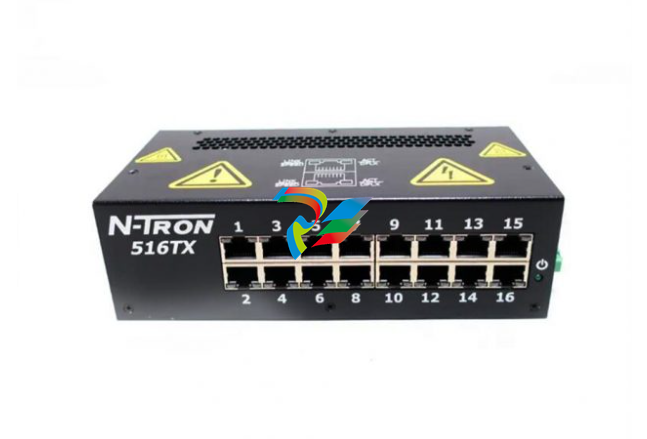
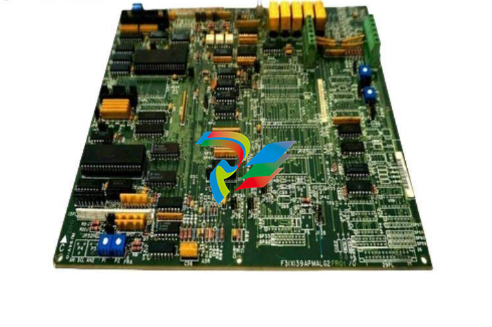
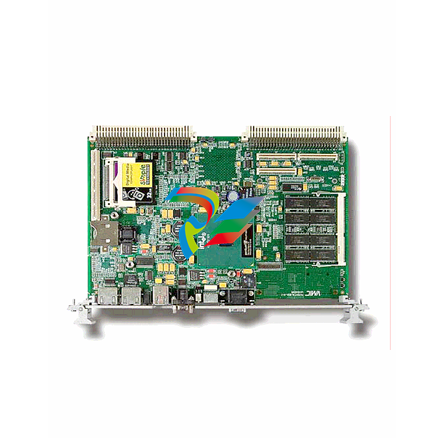
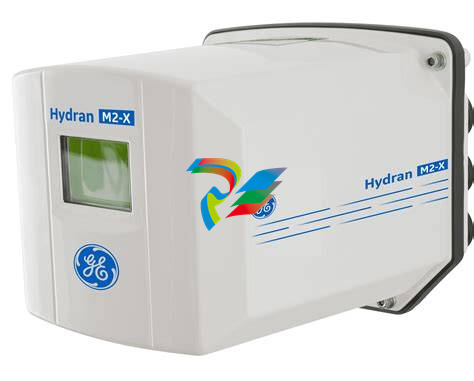
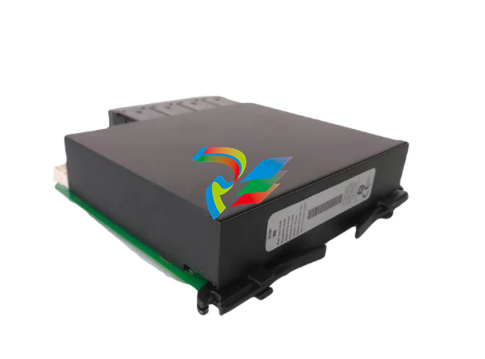
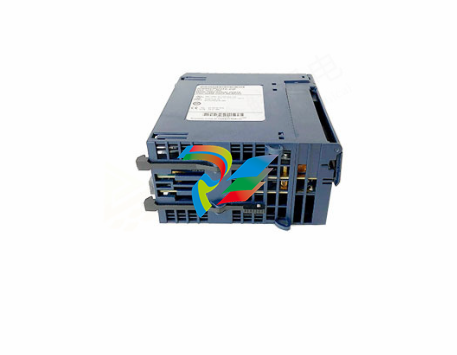
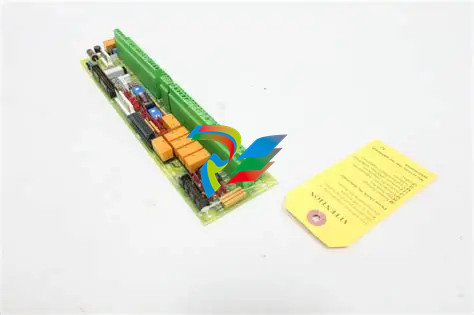
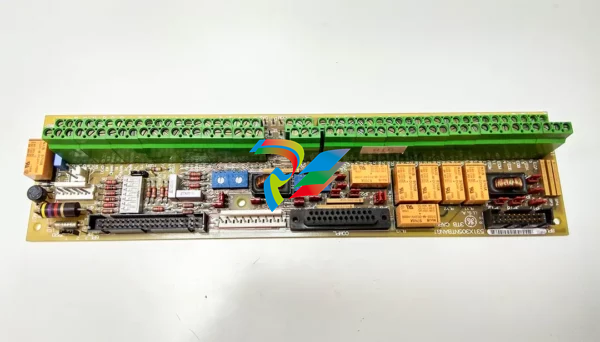
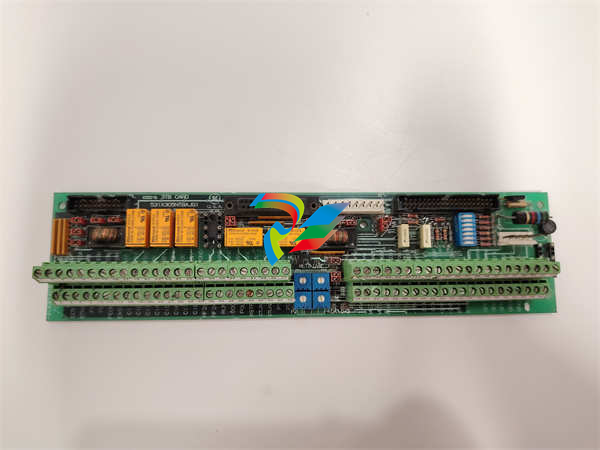

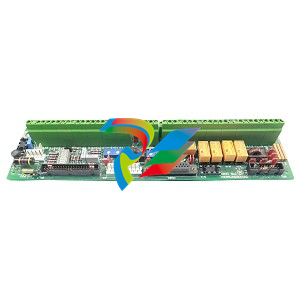
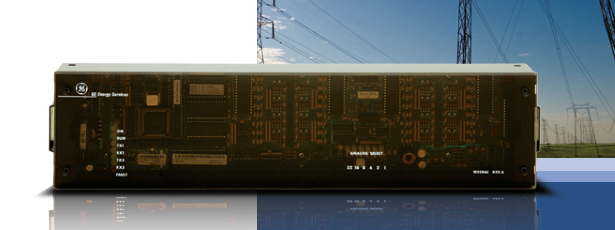
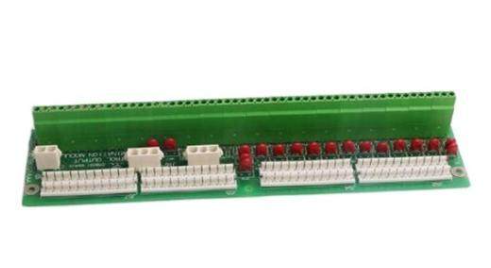
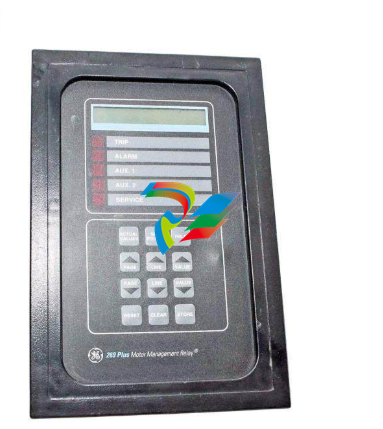
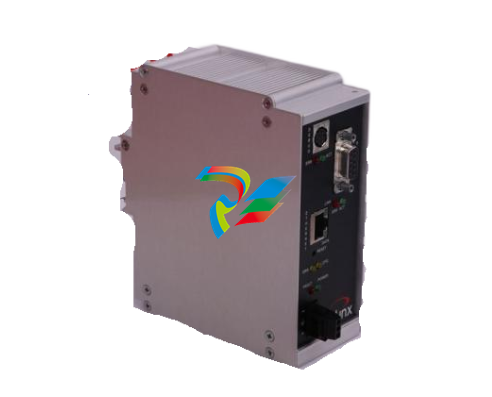
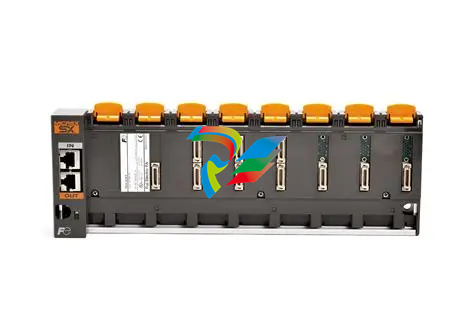
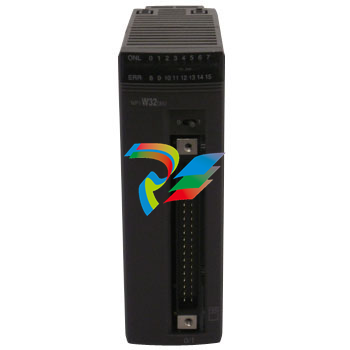
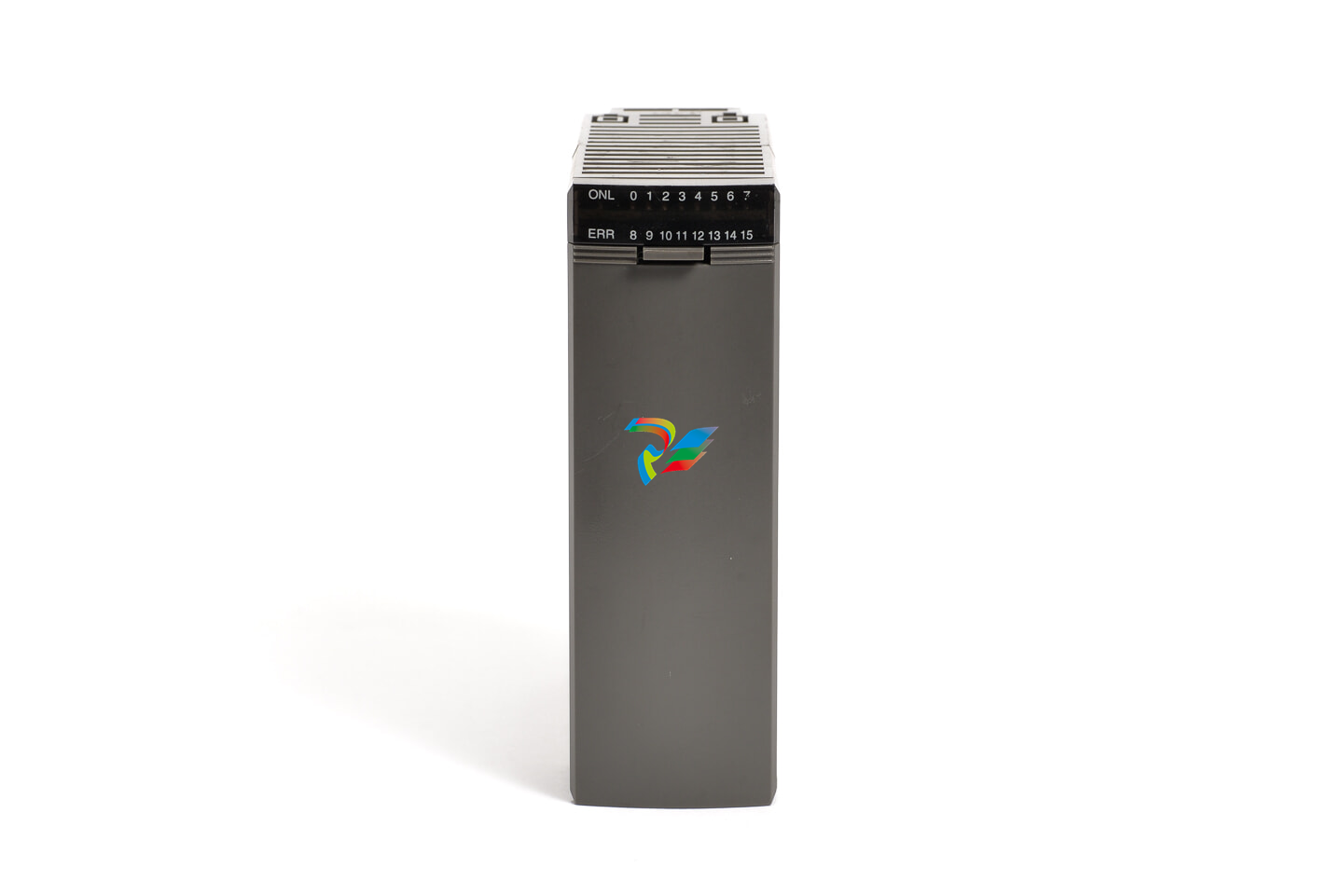
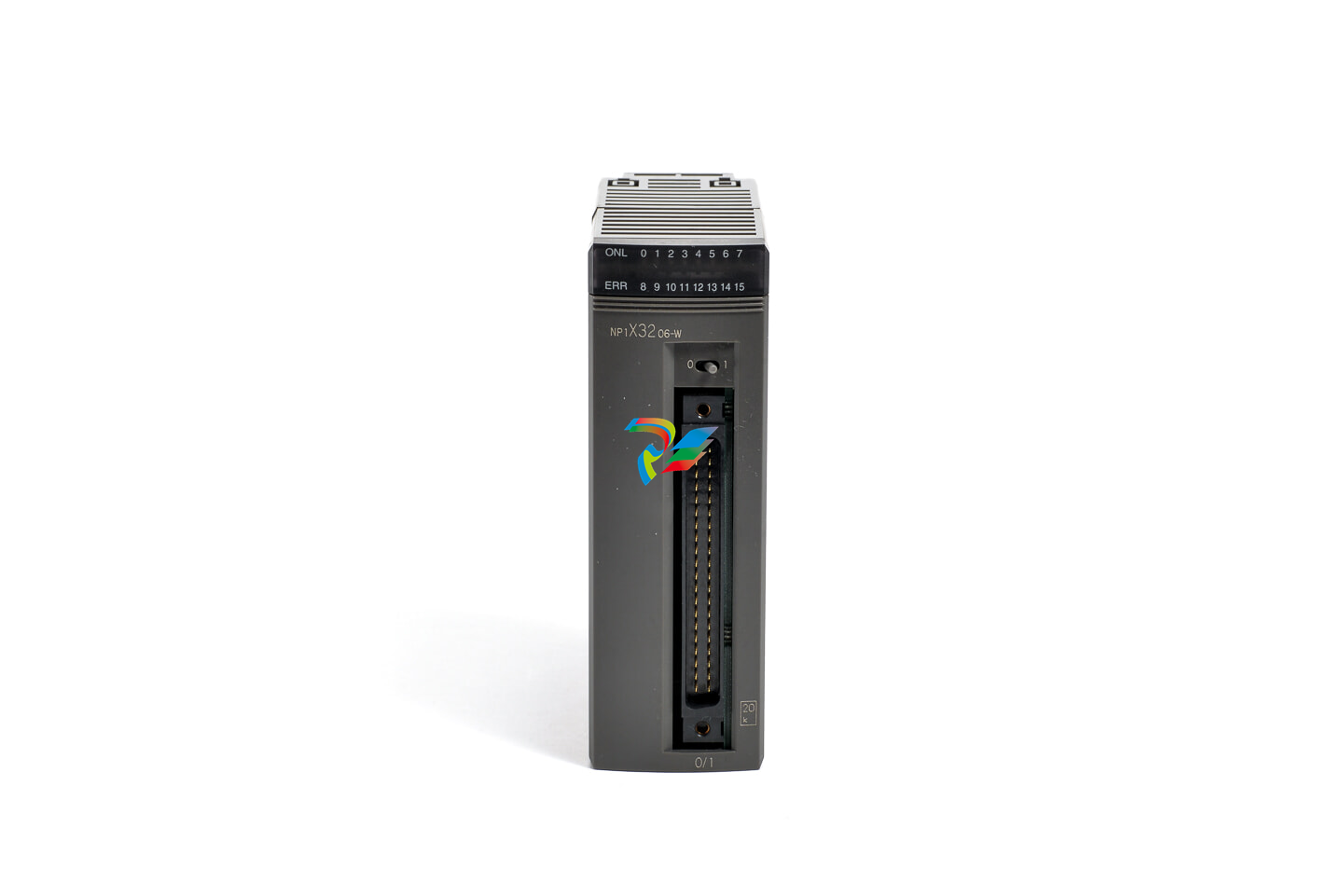
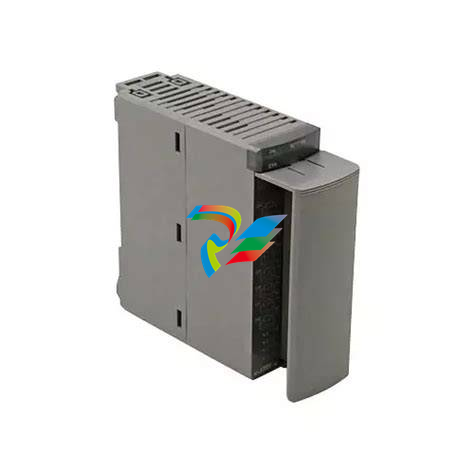
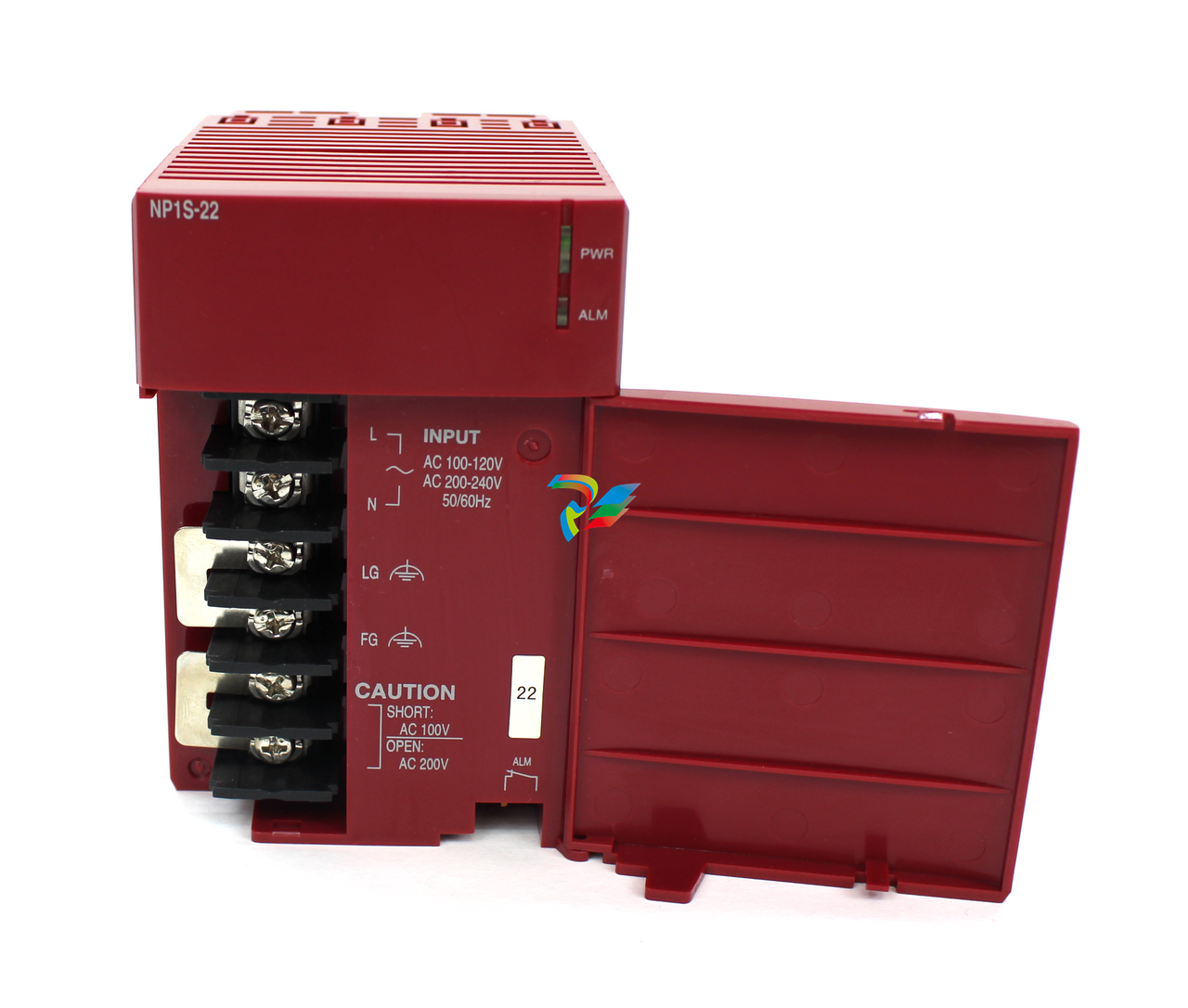
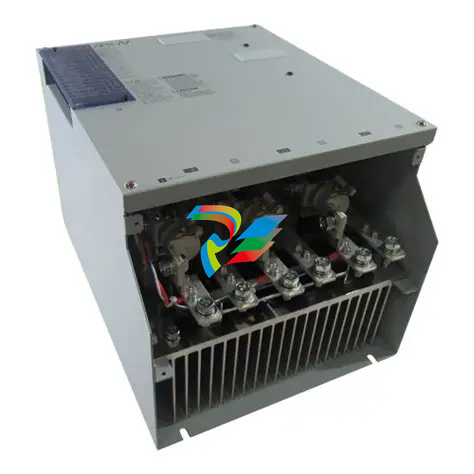
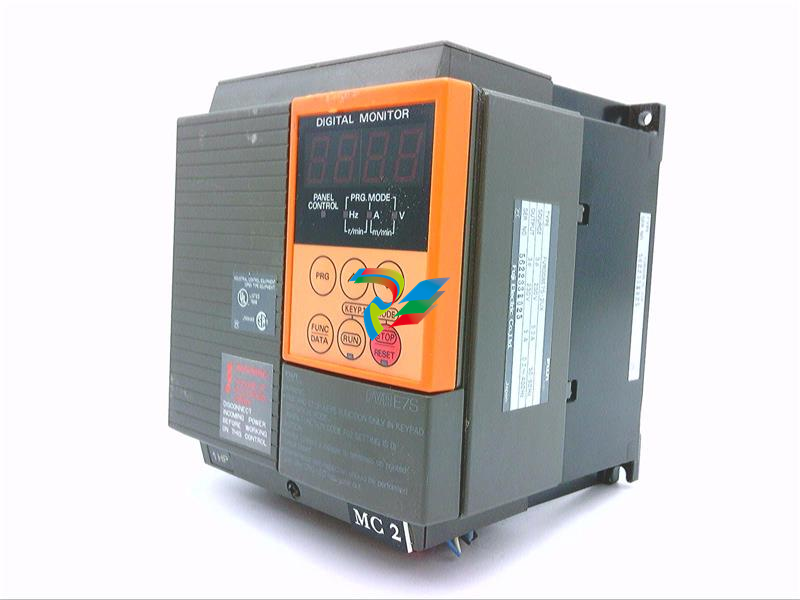
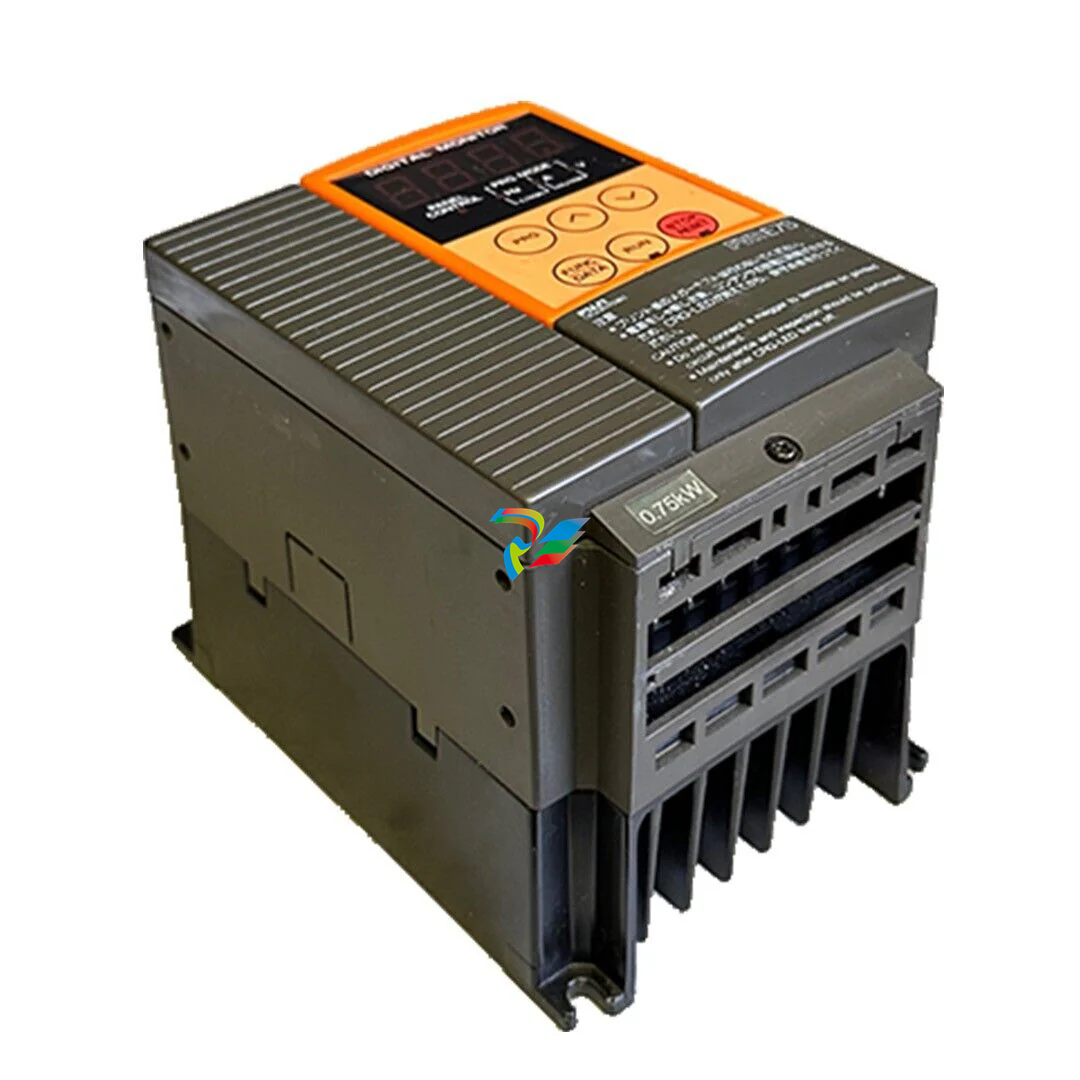
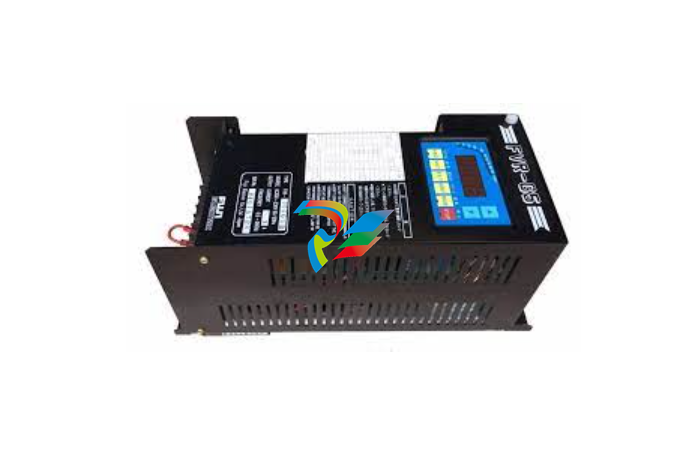
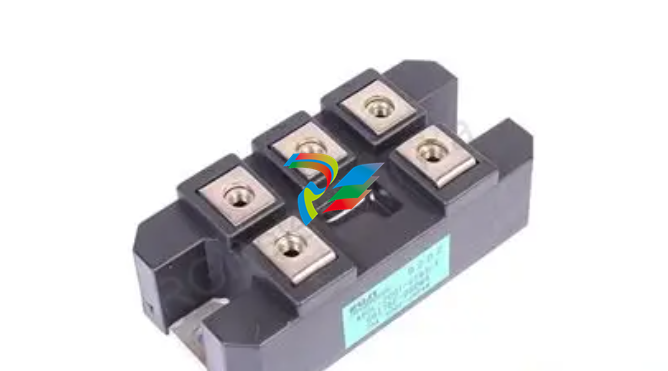
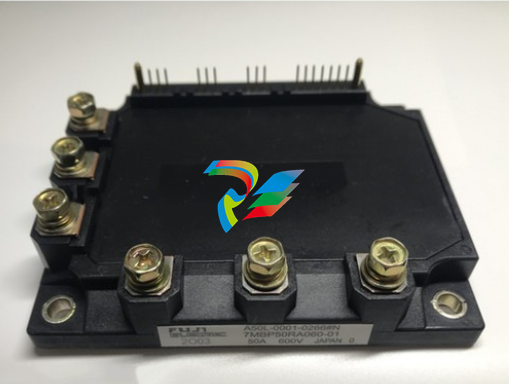
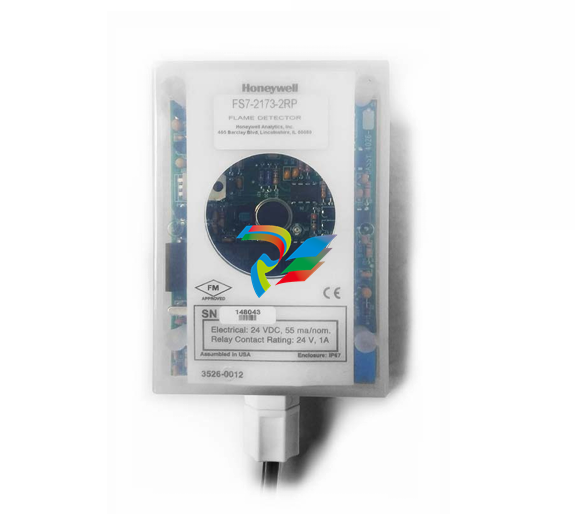
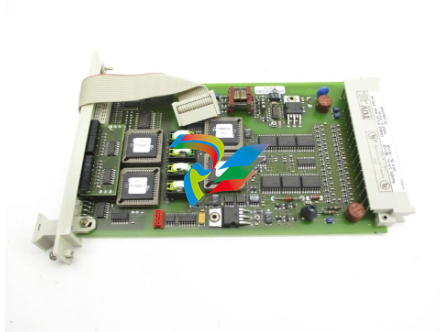
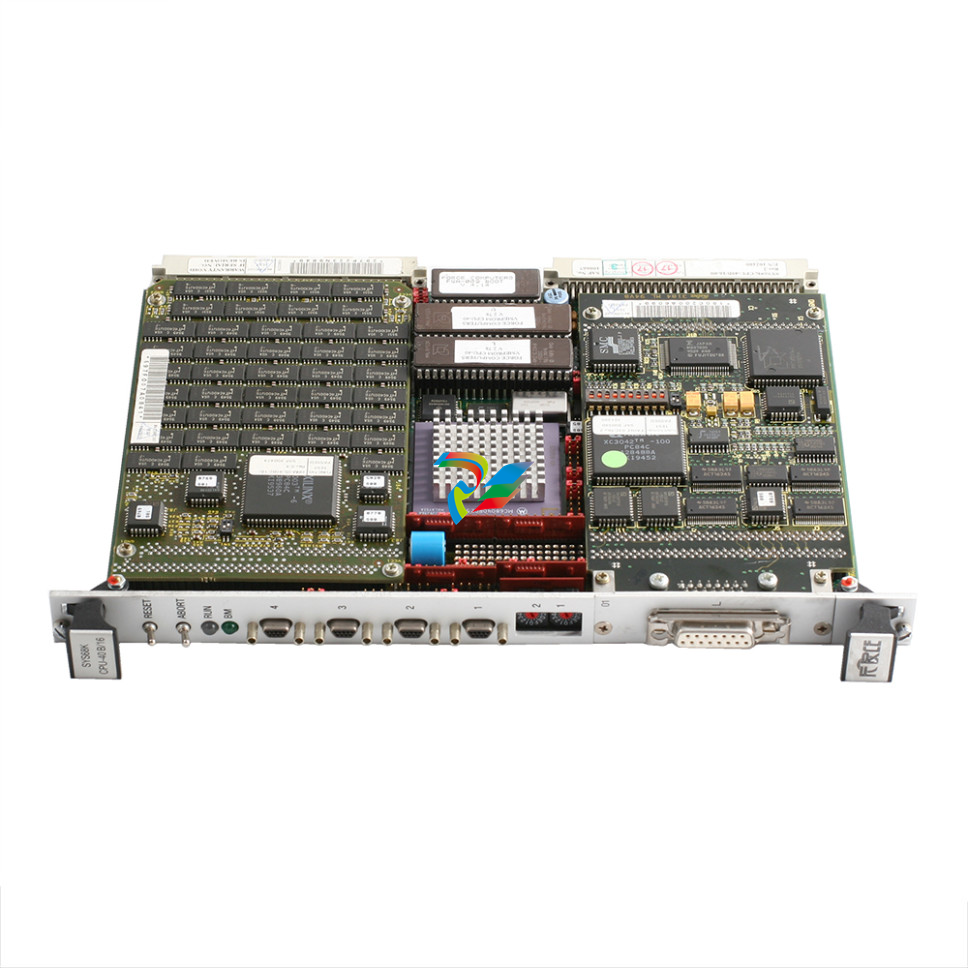
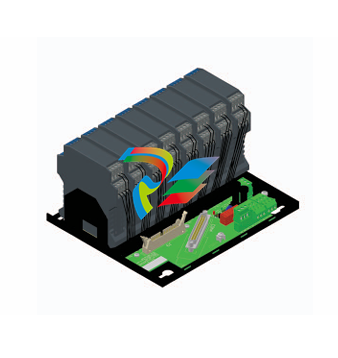
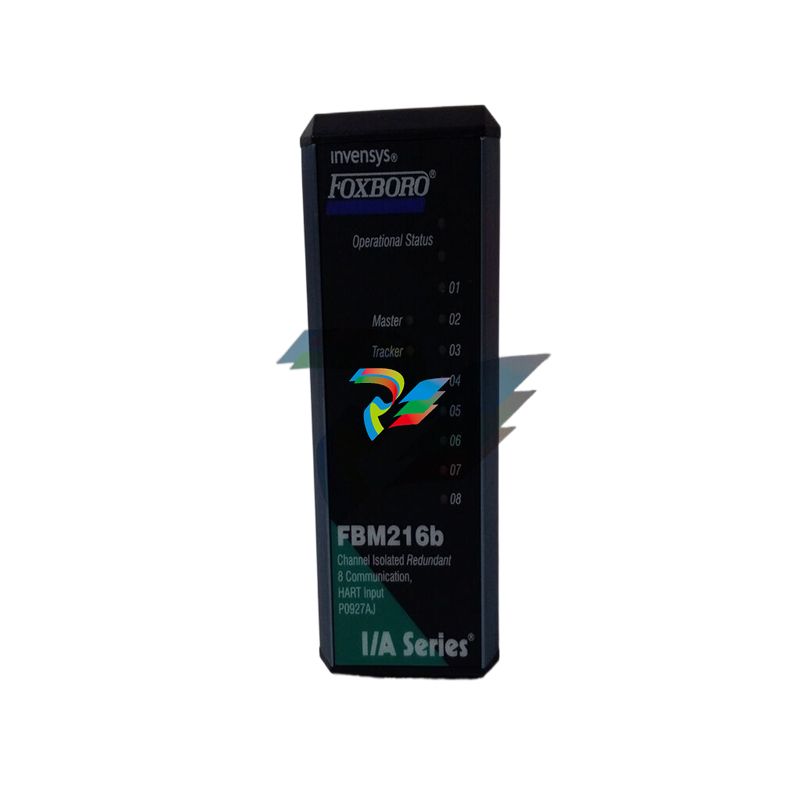
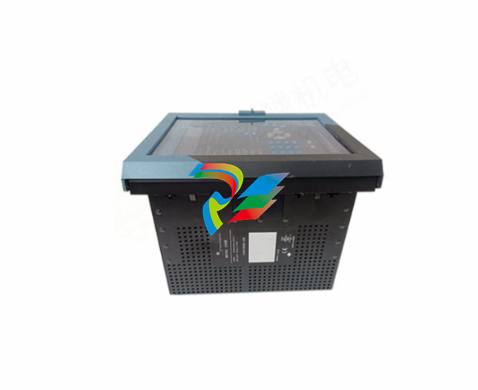
.jpg)
.jpg)
.jpg)
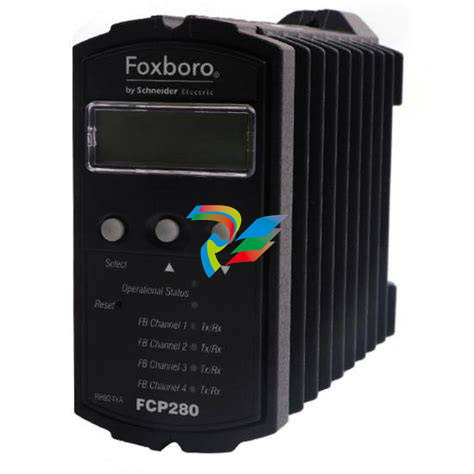
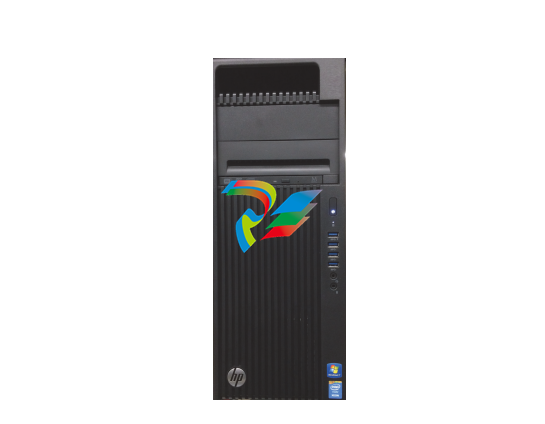
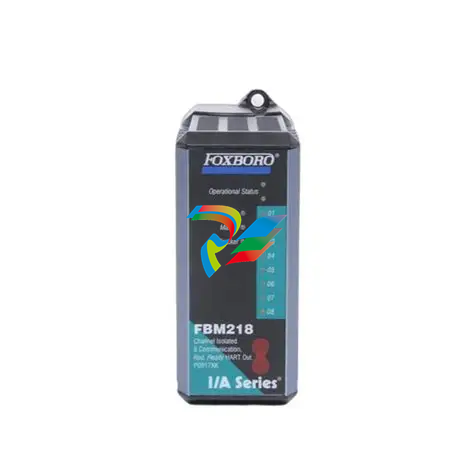
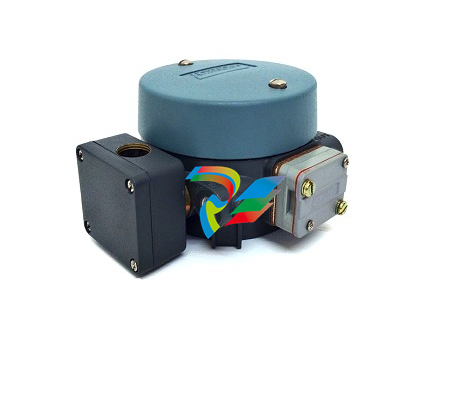
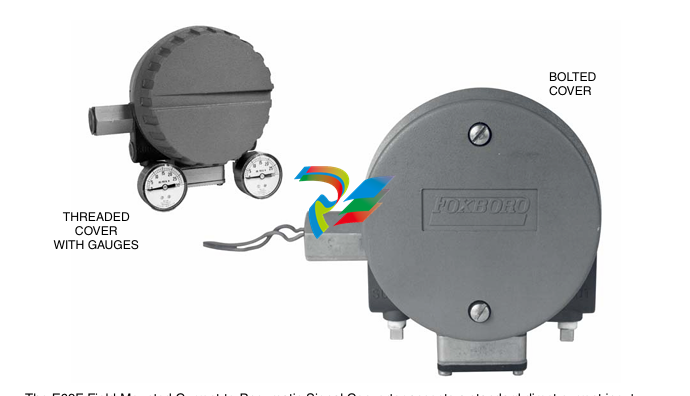
.jpg)
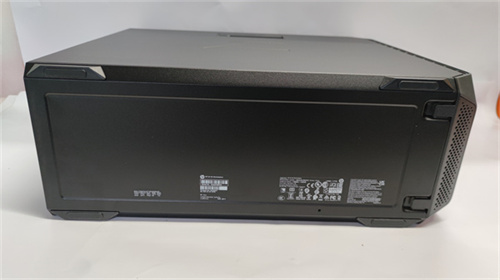
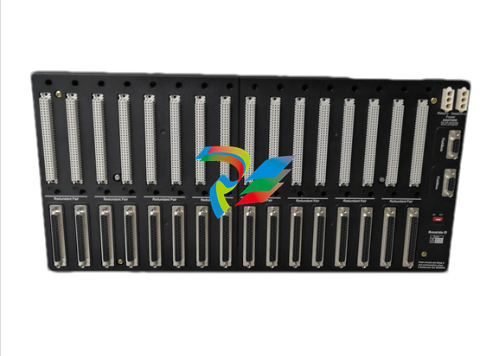
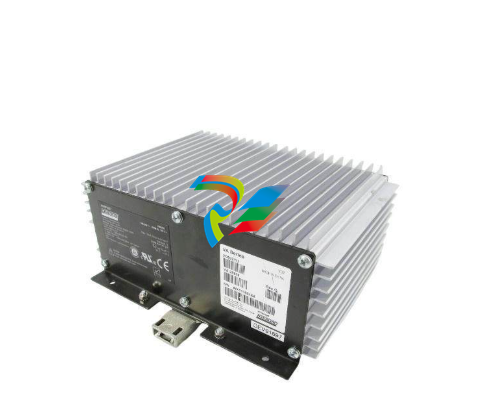
.png)
.jpg)
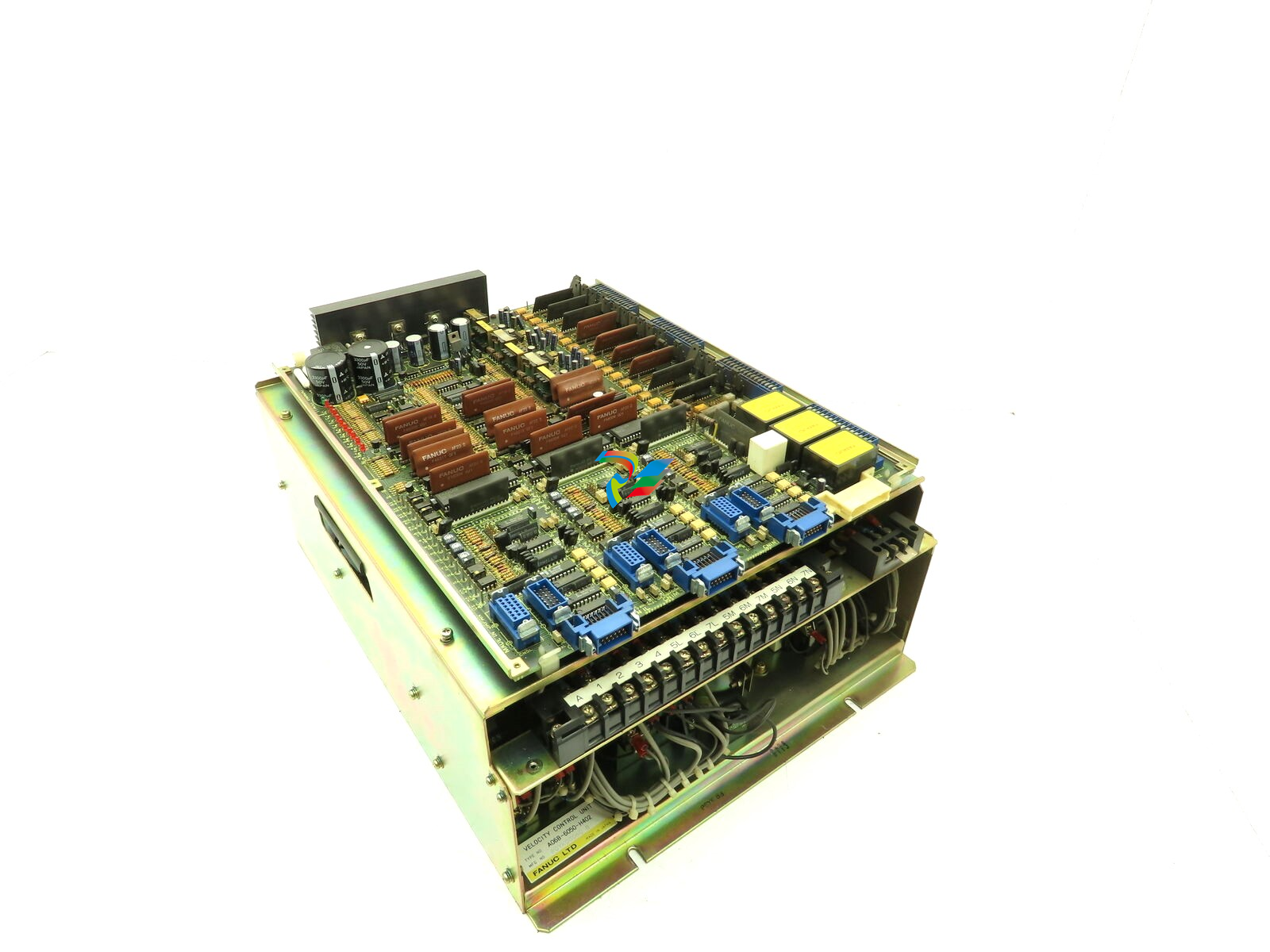
.jpg)
_lVjBYb.jpg)
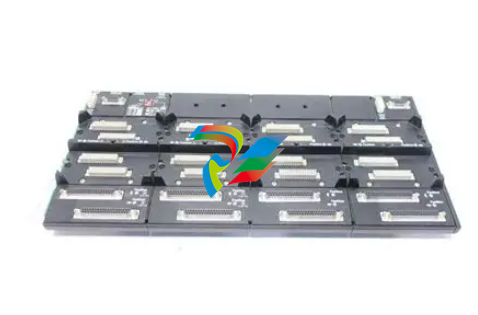
.jpg)
.jpg)
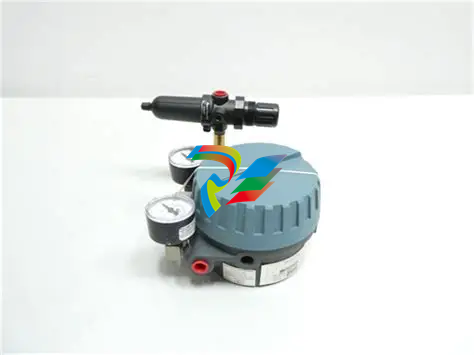
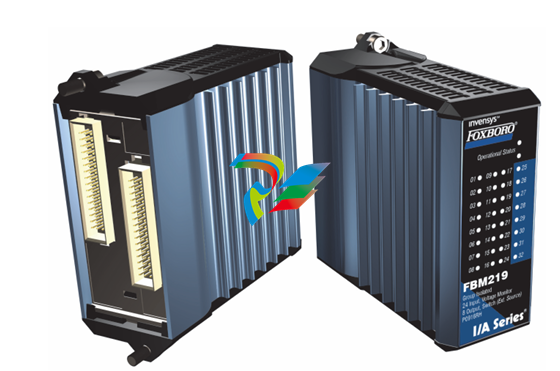
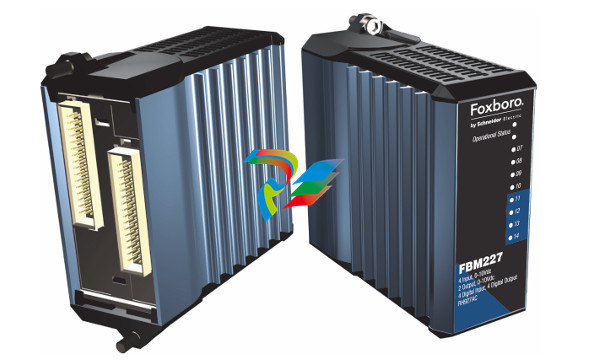
.jpg)
.jpg)
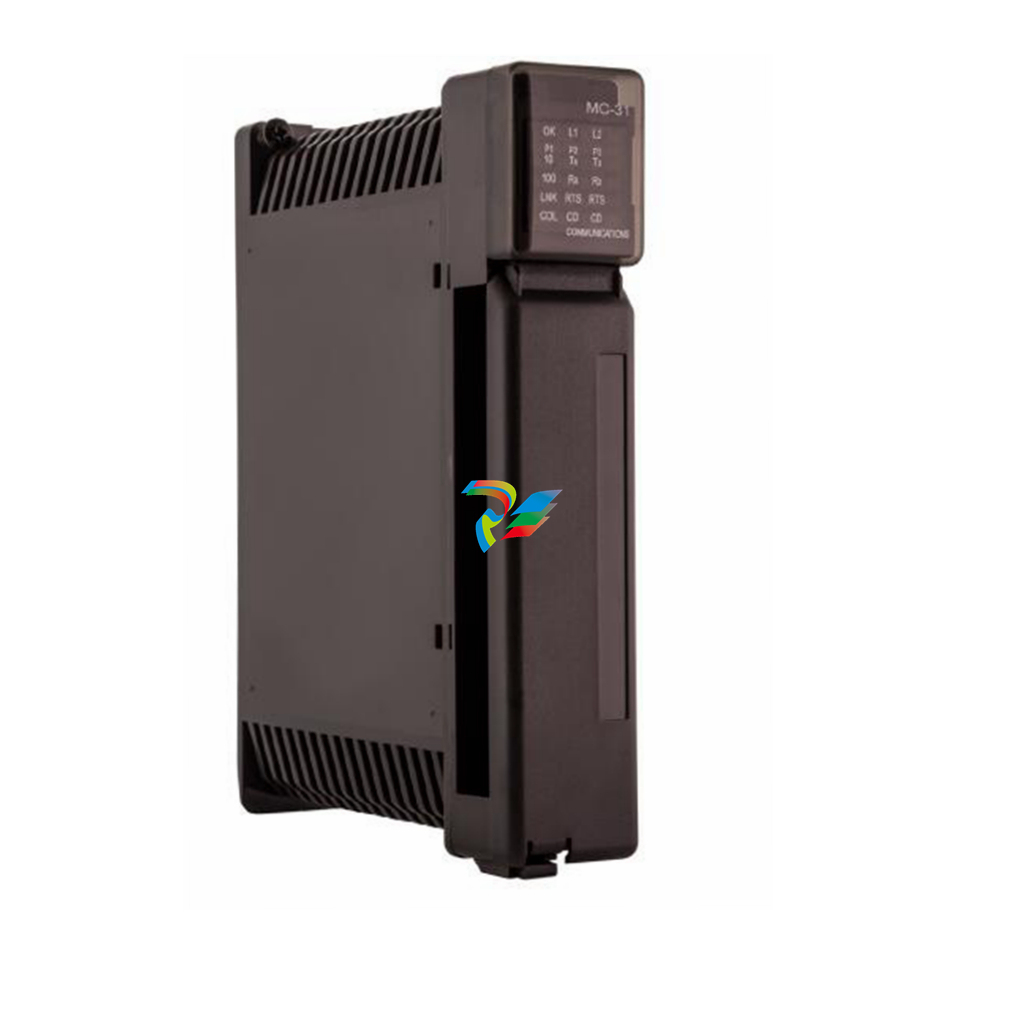
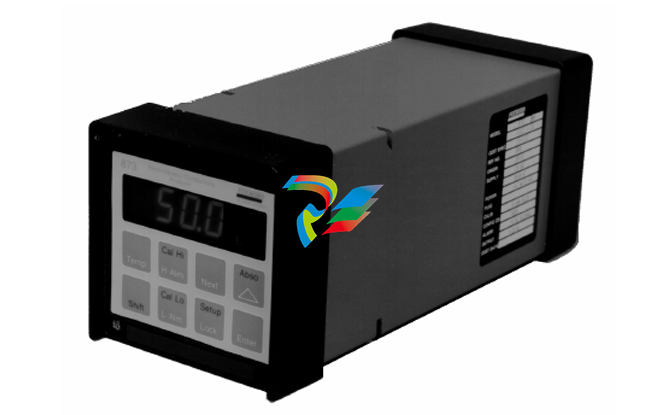
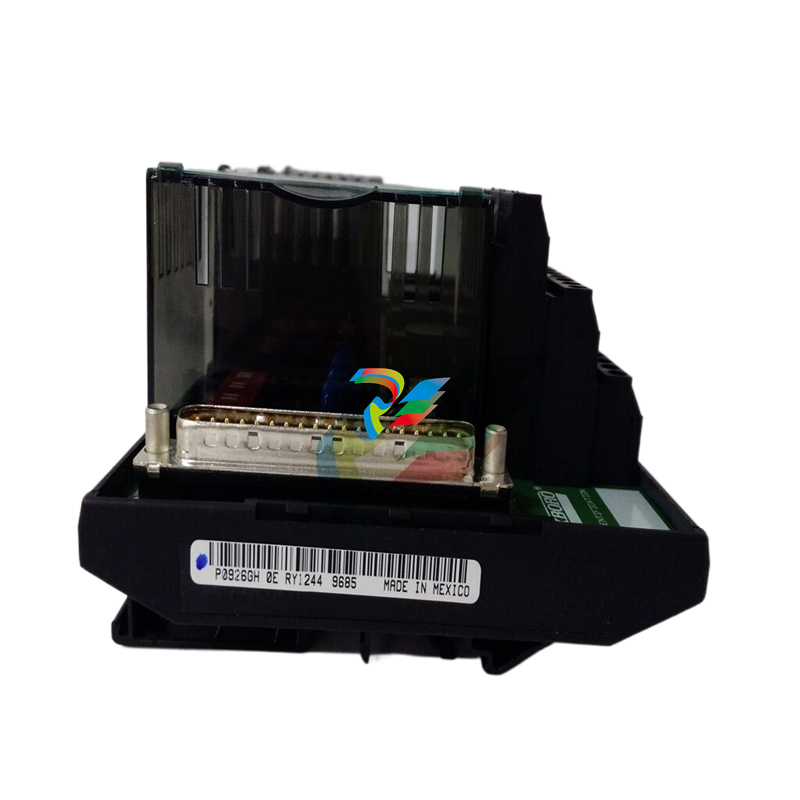
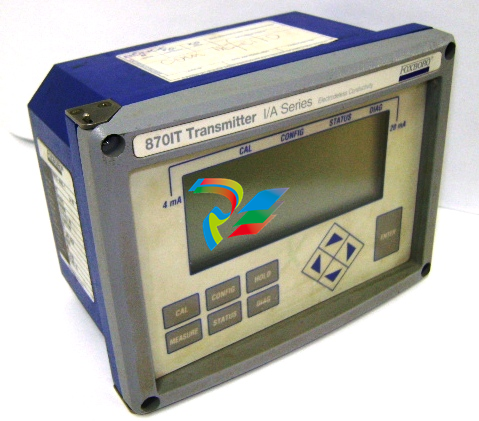
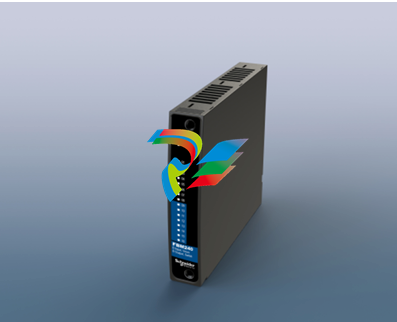
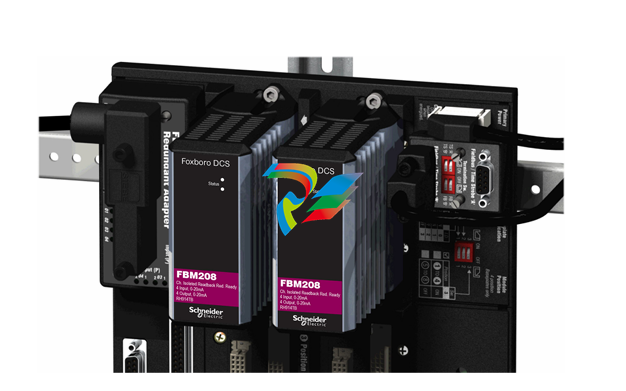
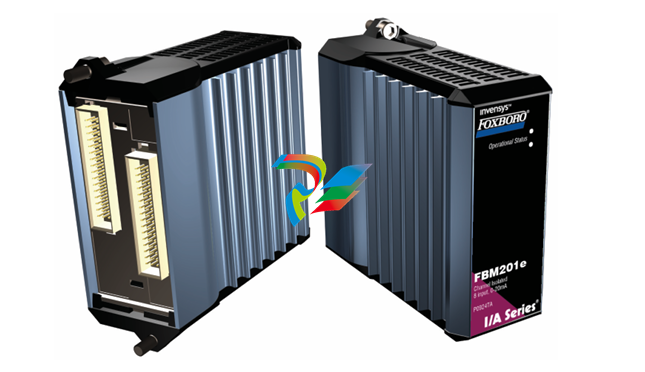
.jpg)
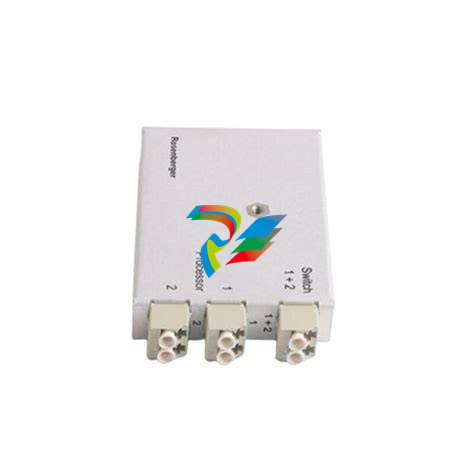
.jpg)
.jpg)
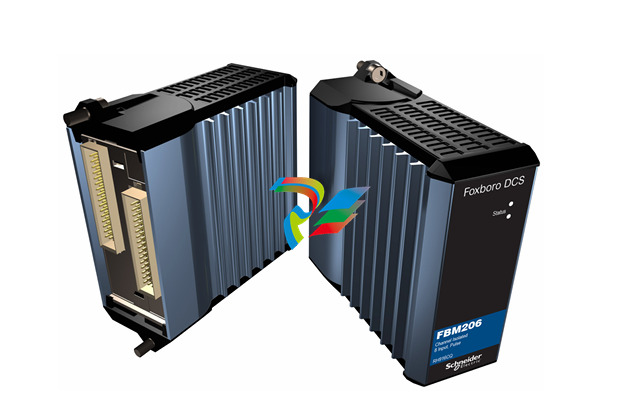
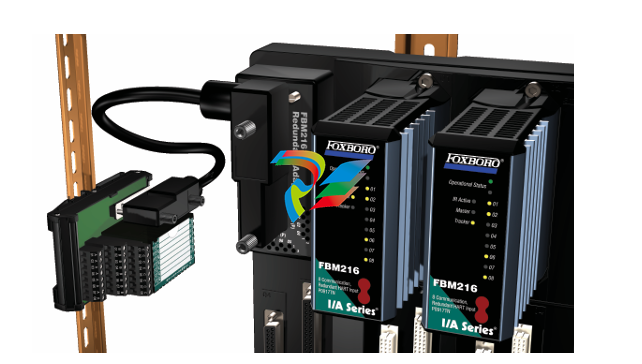
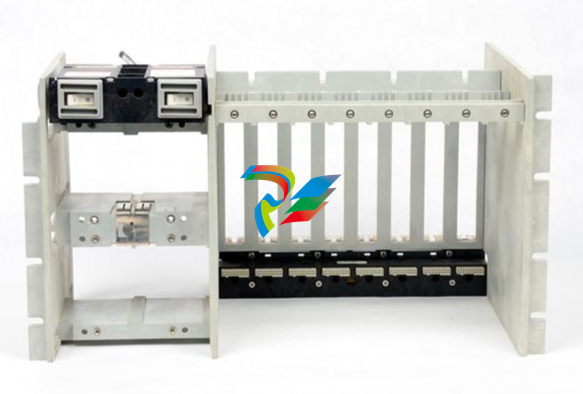
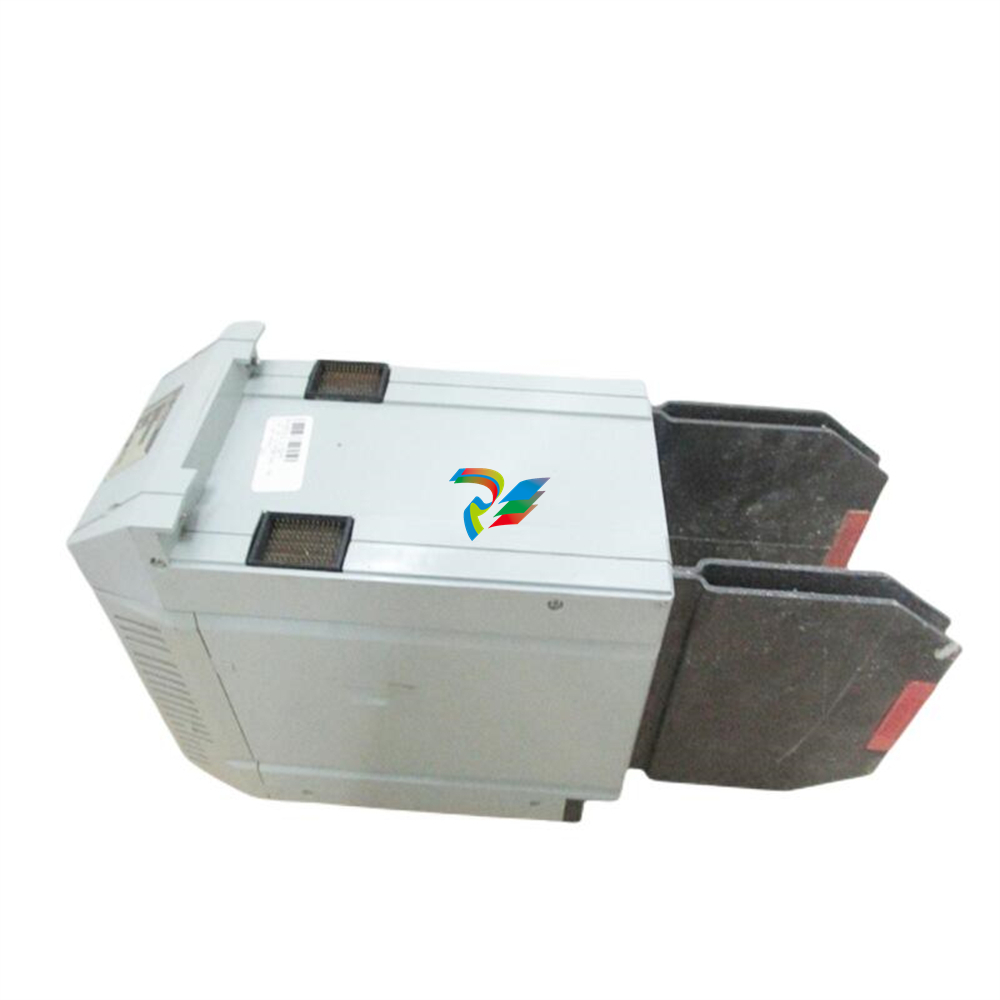
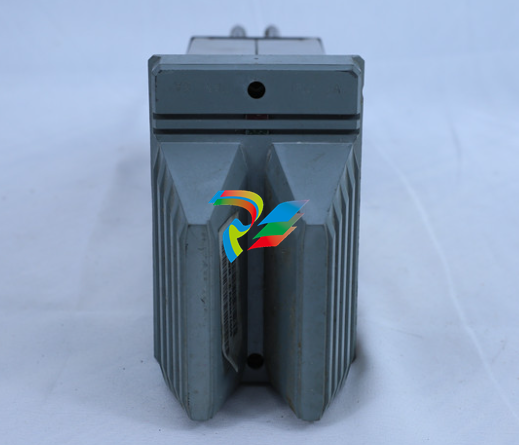
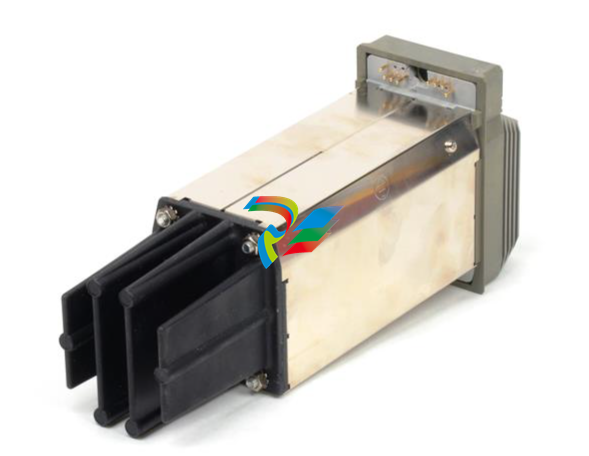
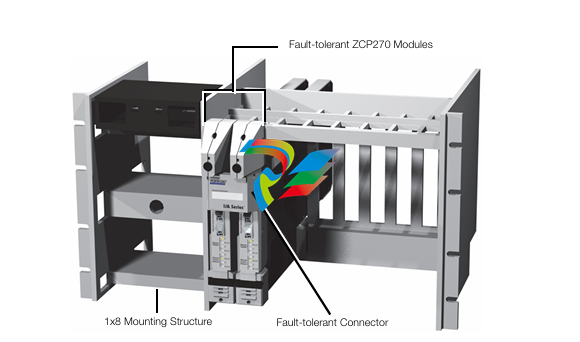
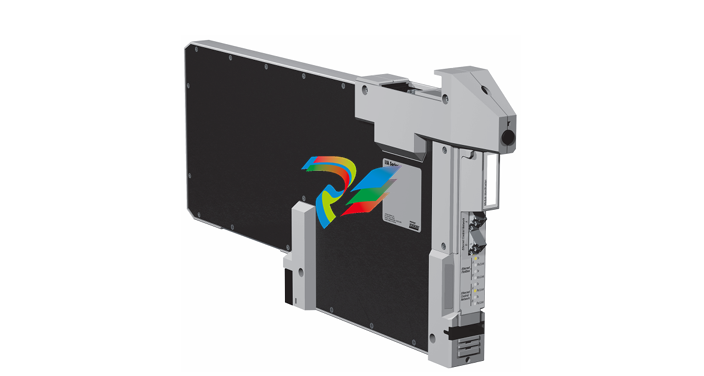
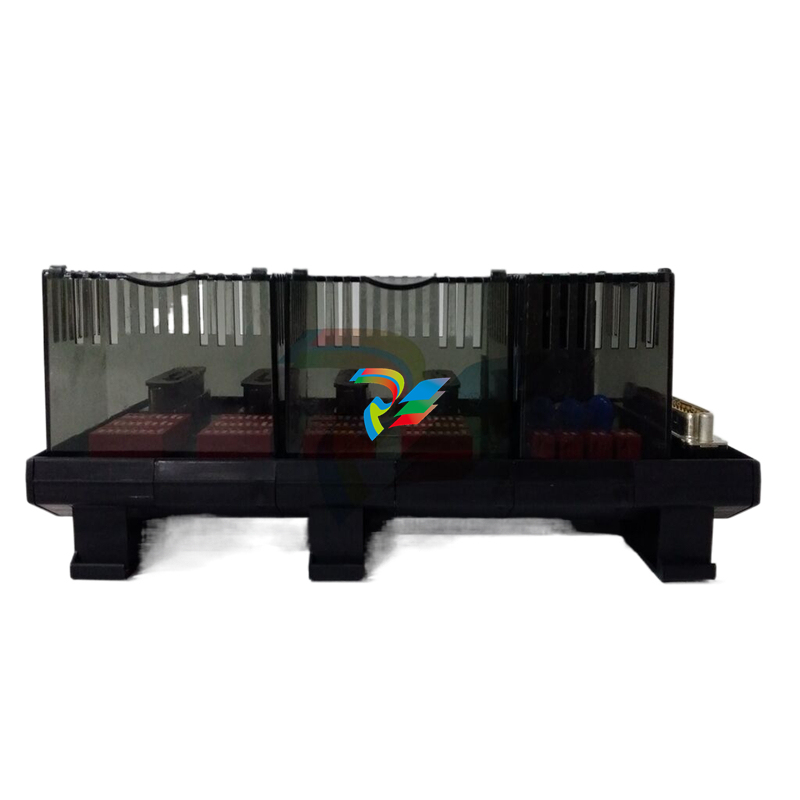
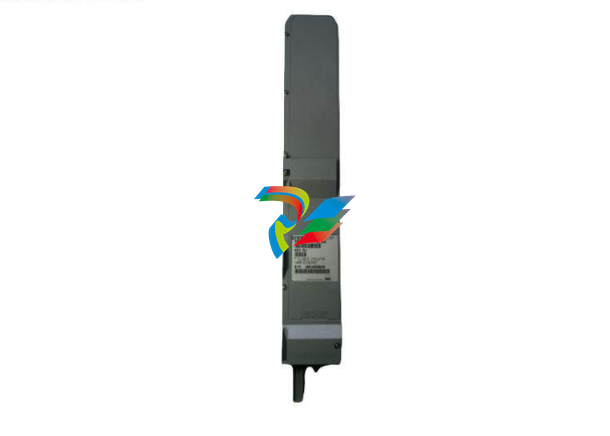
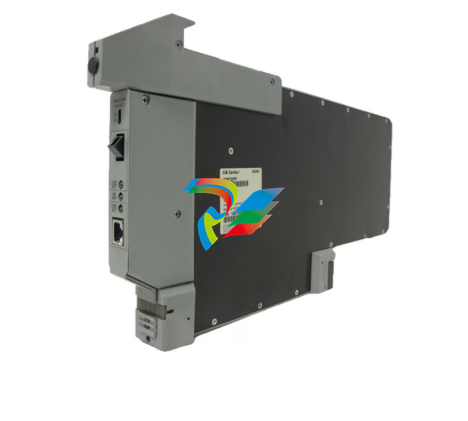
.jpg)
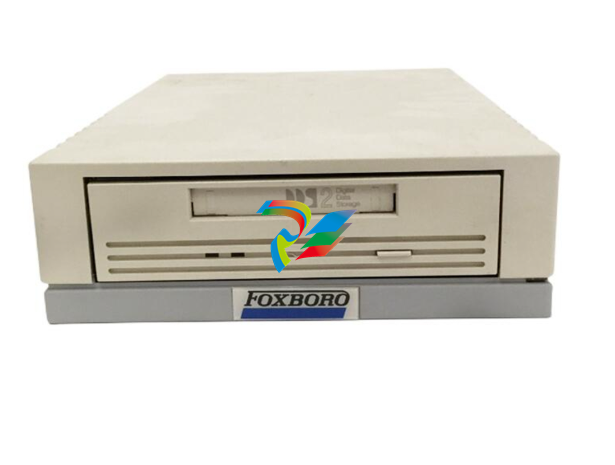
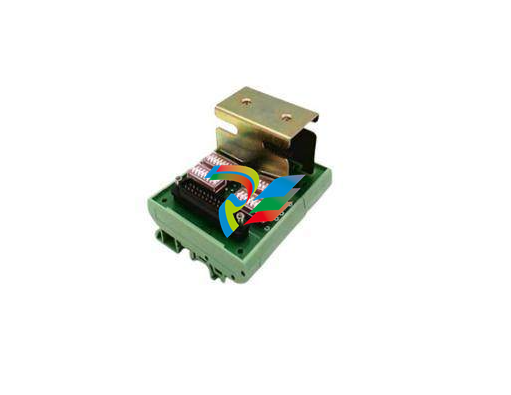
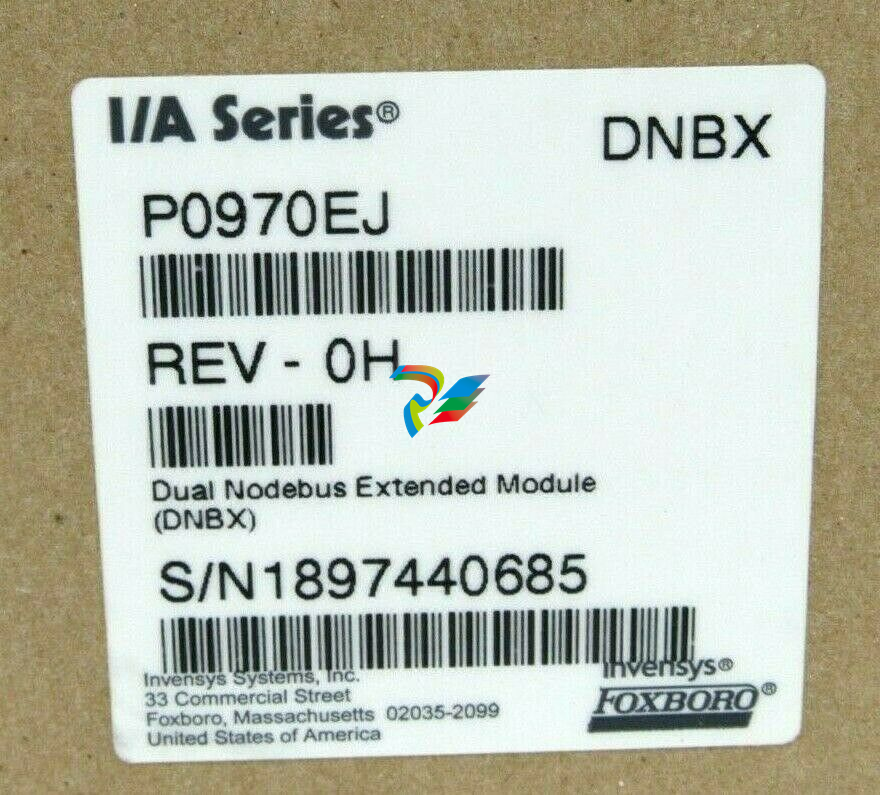
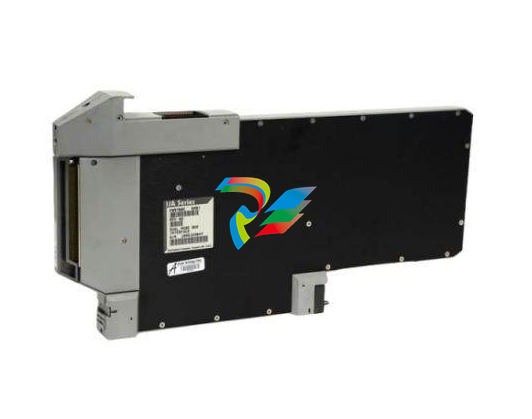
.jpg)
.jpg)
.jpg)
.jpg)
.jpg)
.jpg)
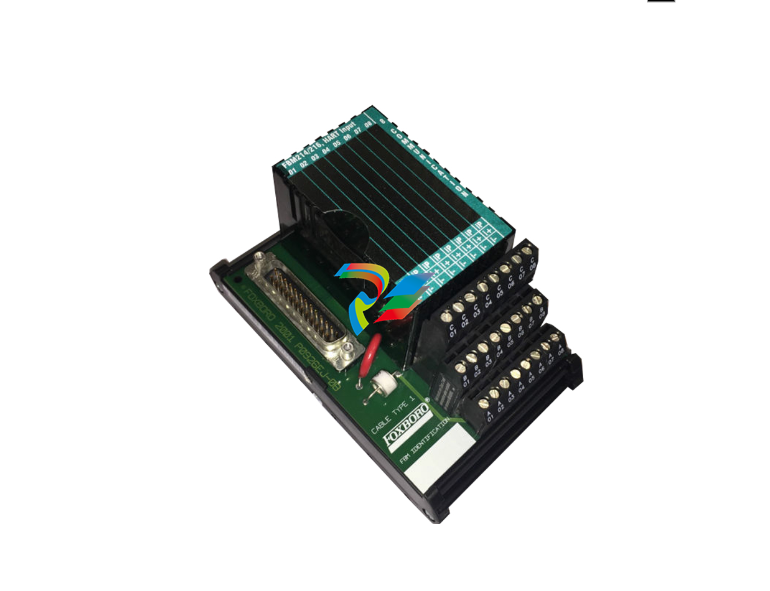
.jpg)
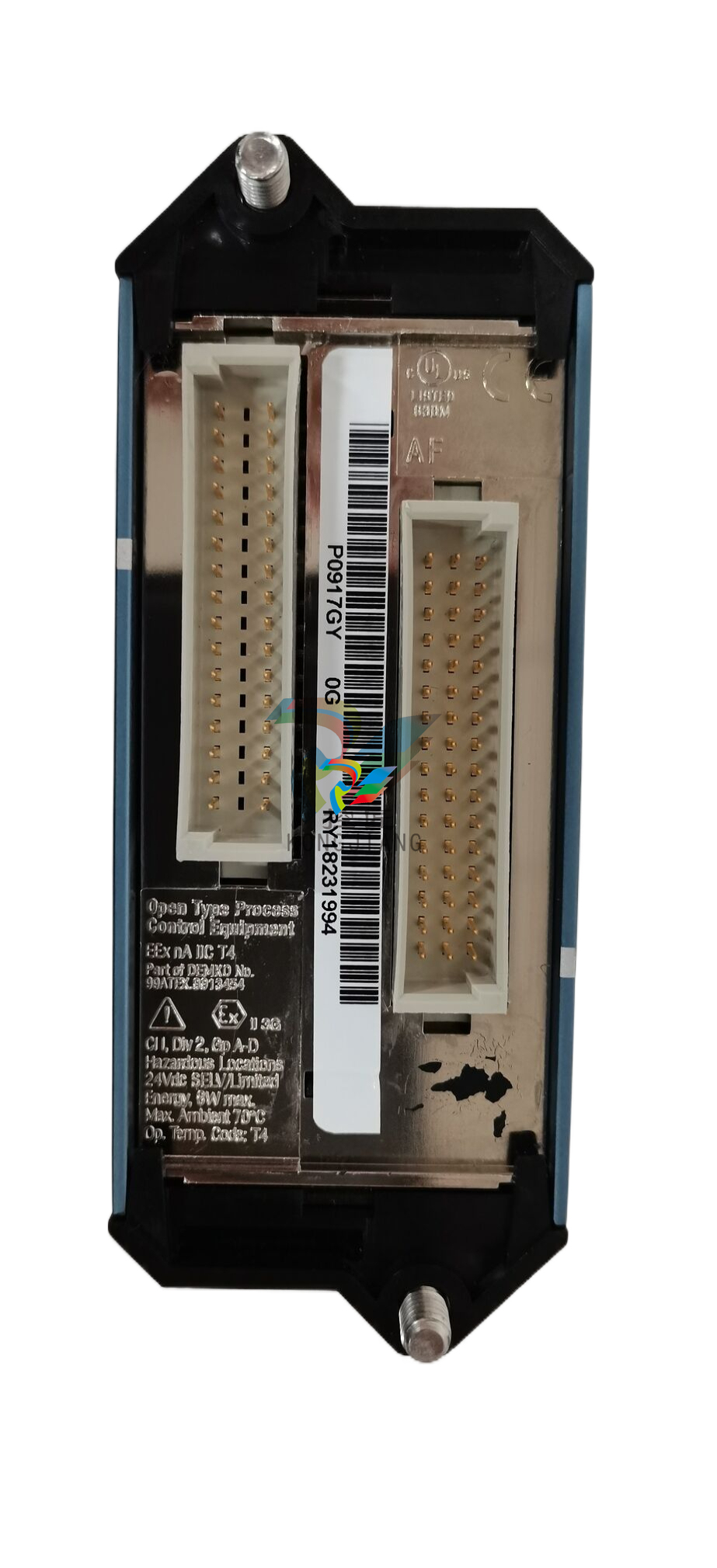
.jpg)
.jpg)
.jpg)
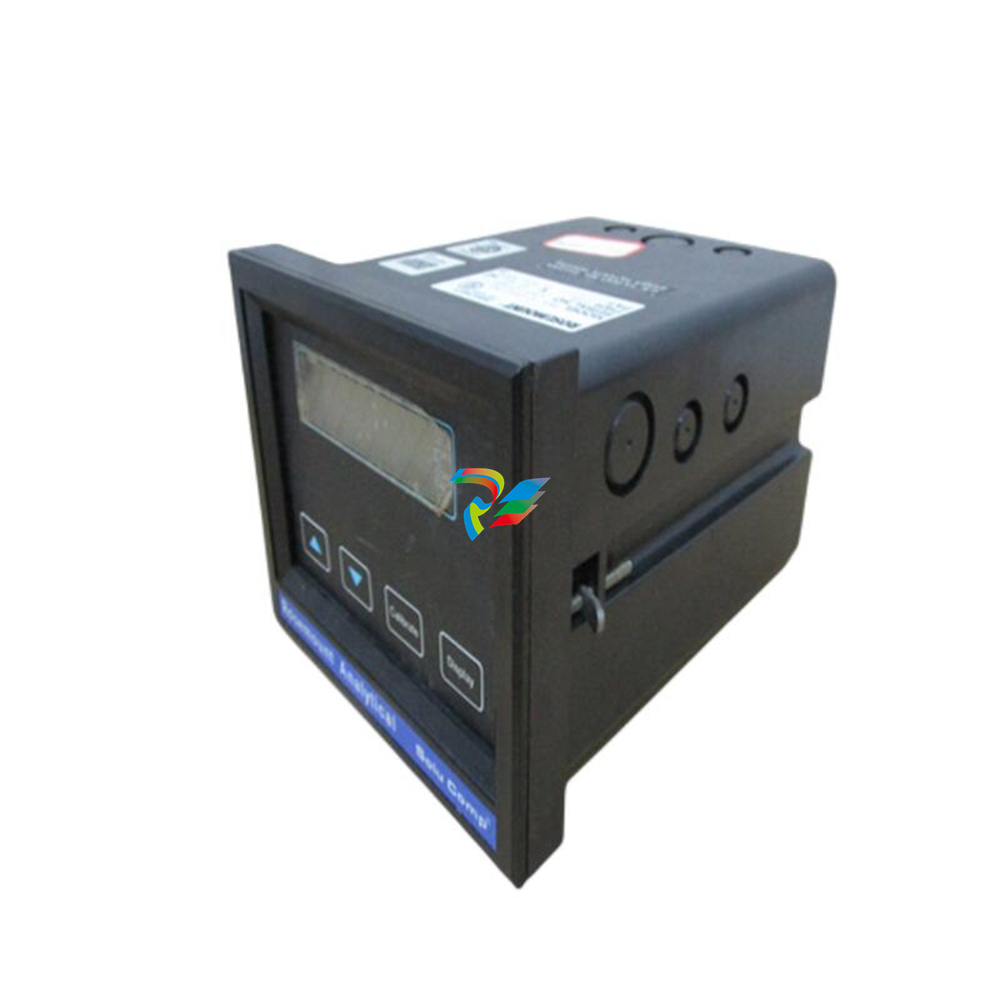
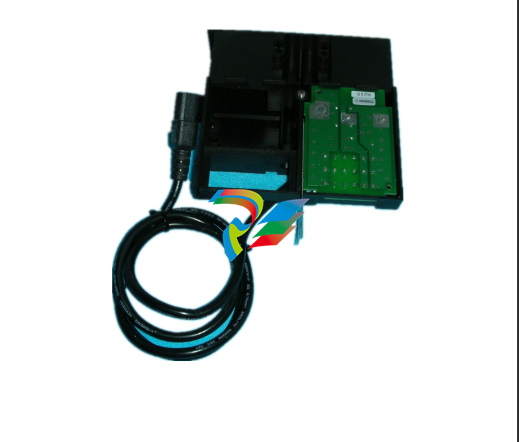
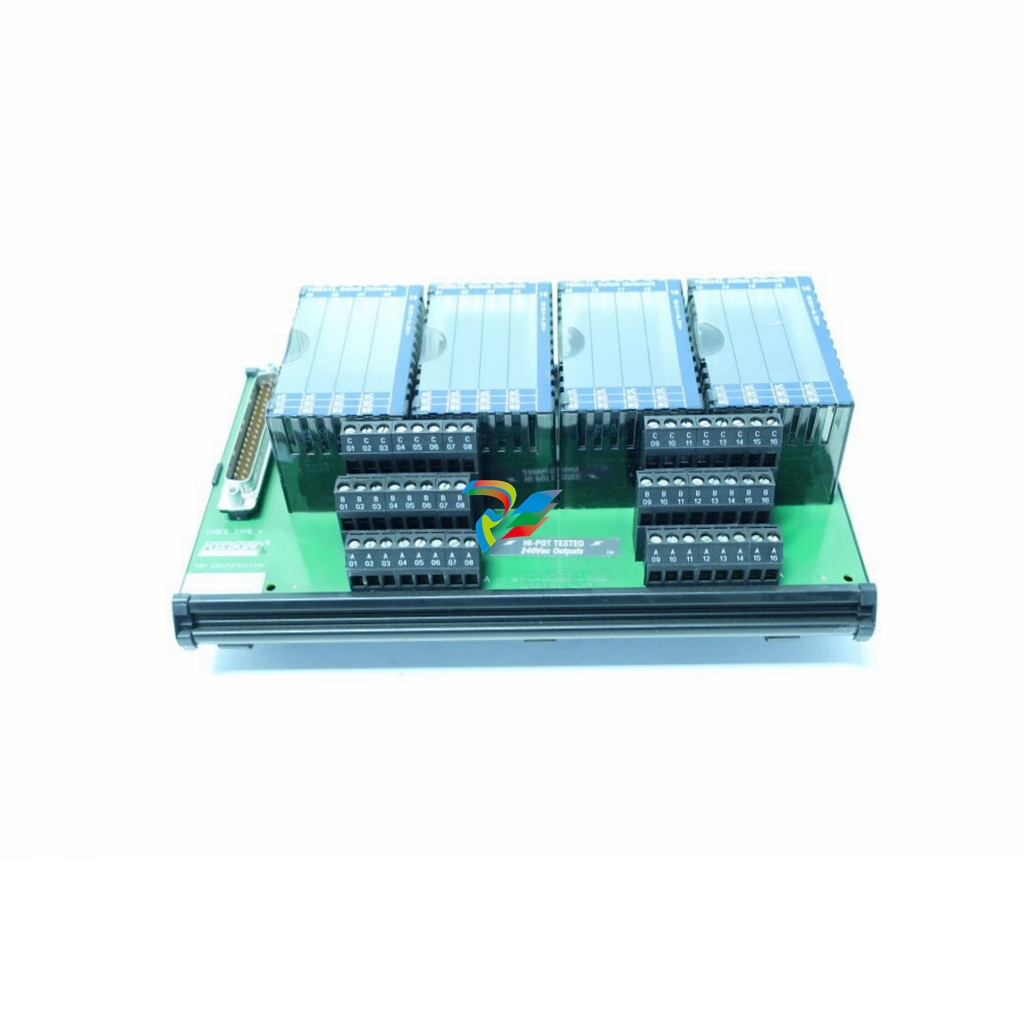
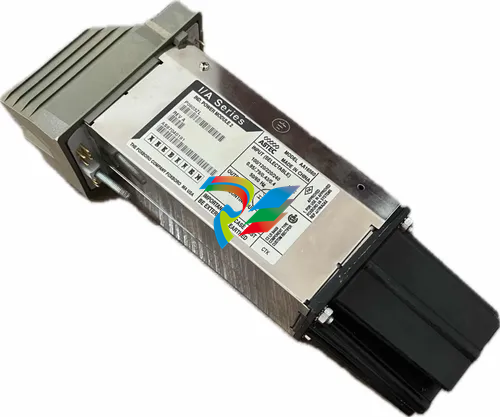

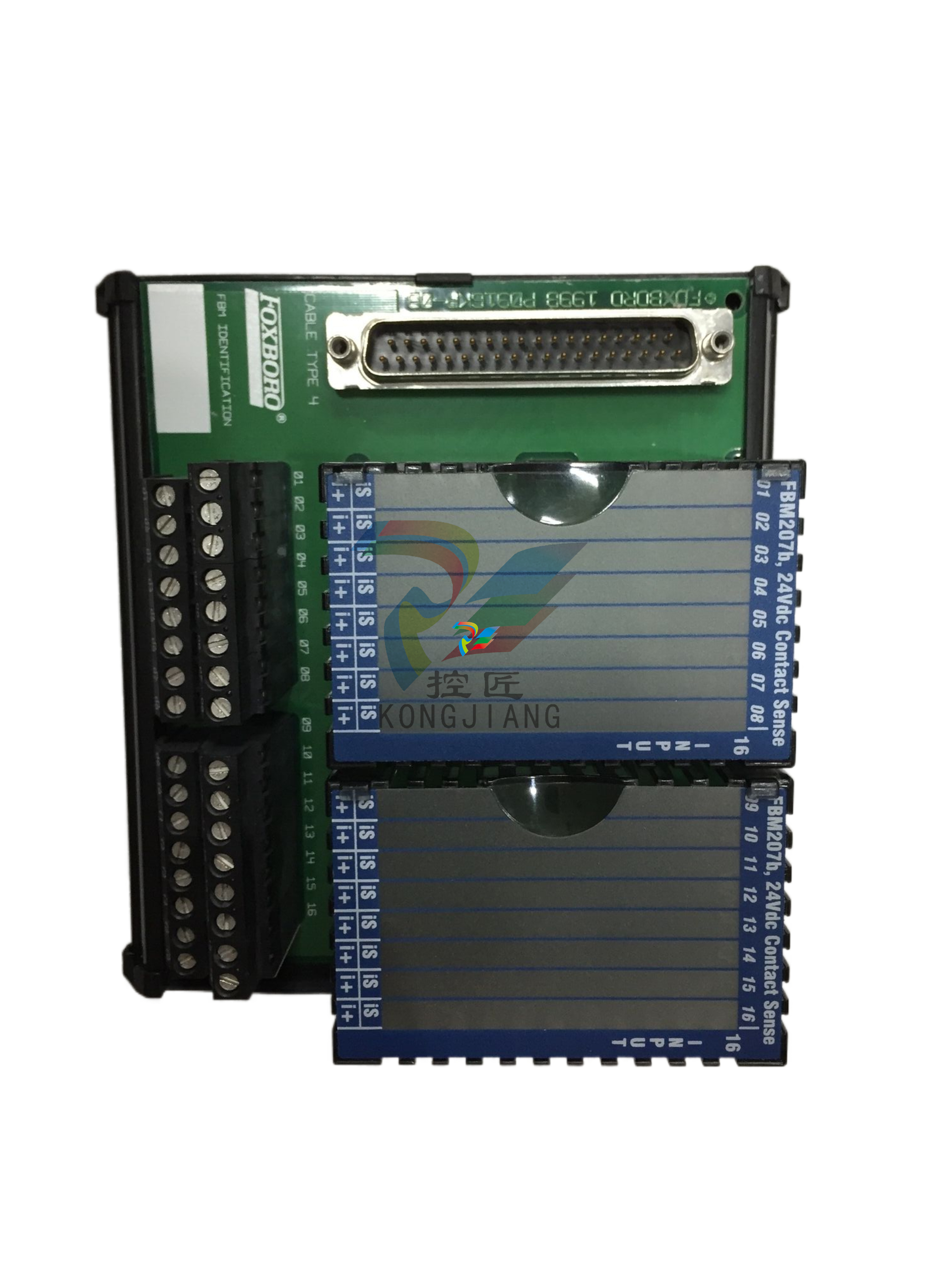
.jpg)
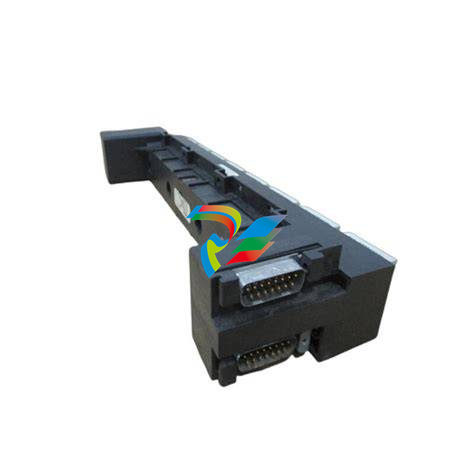
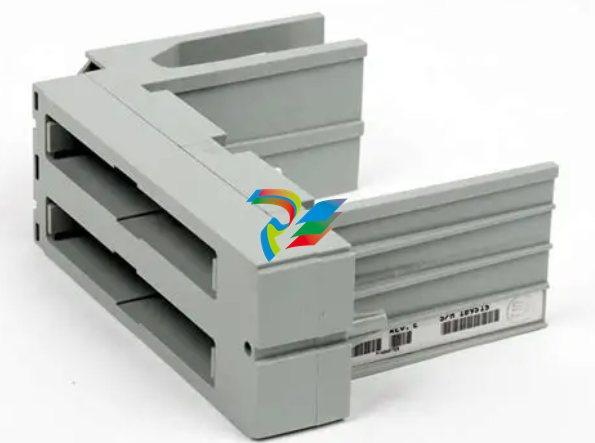
.jpg)
